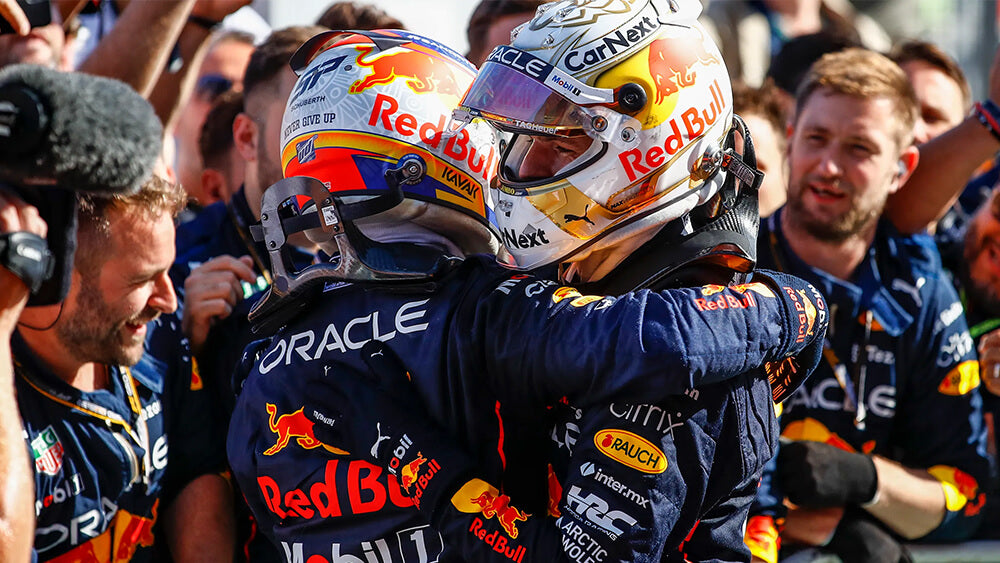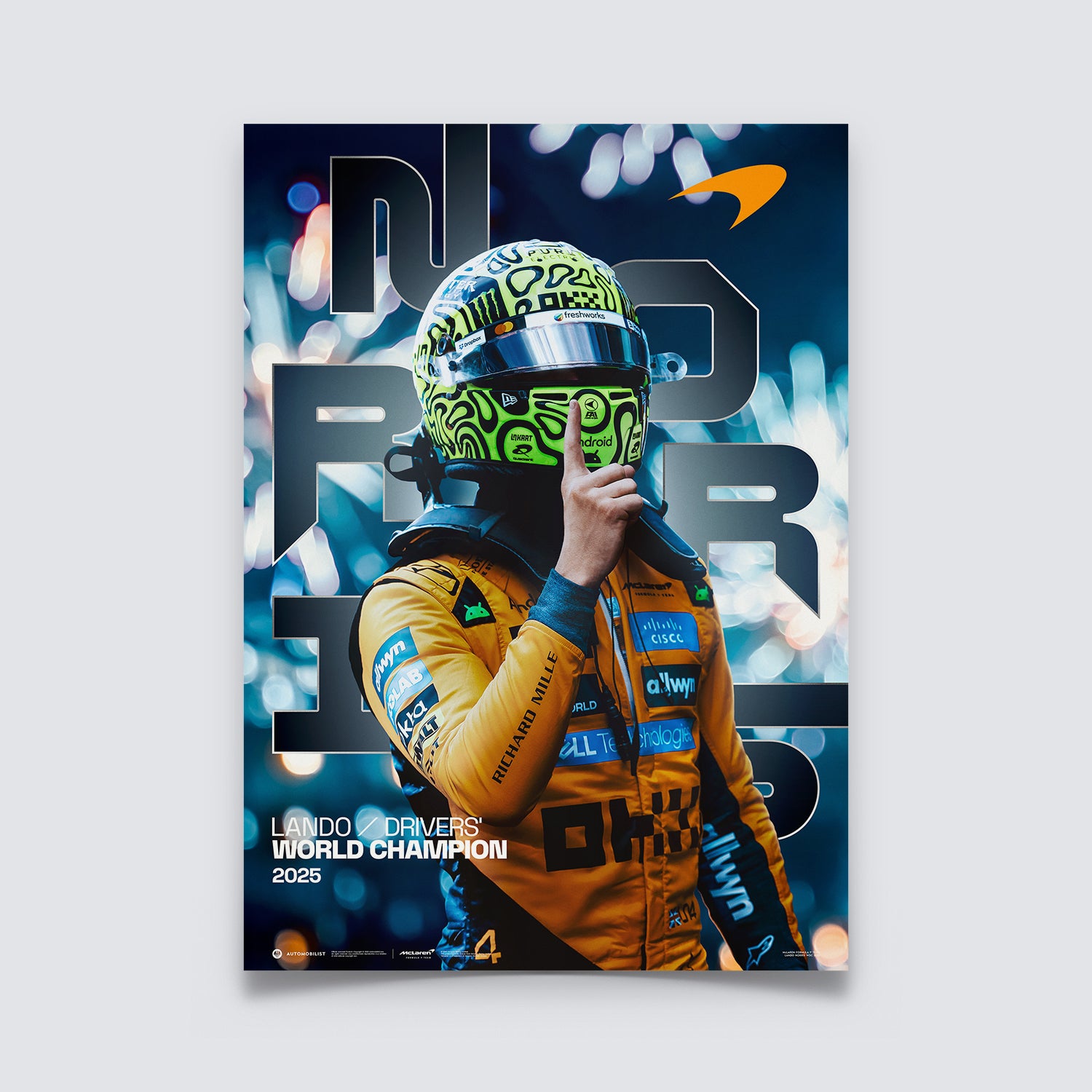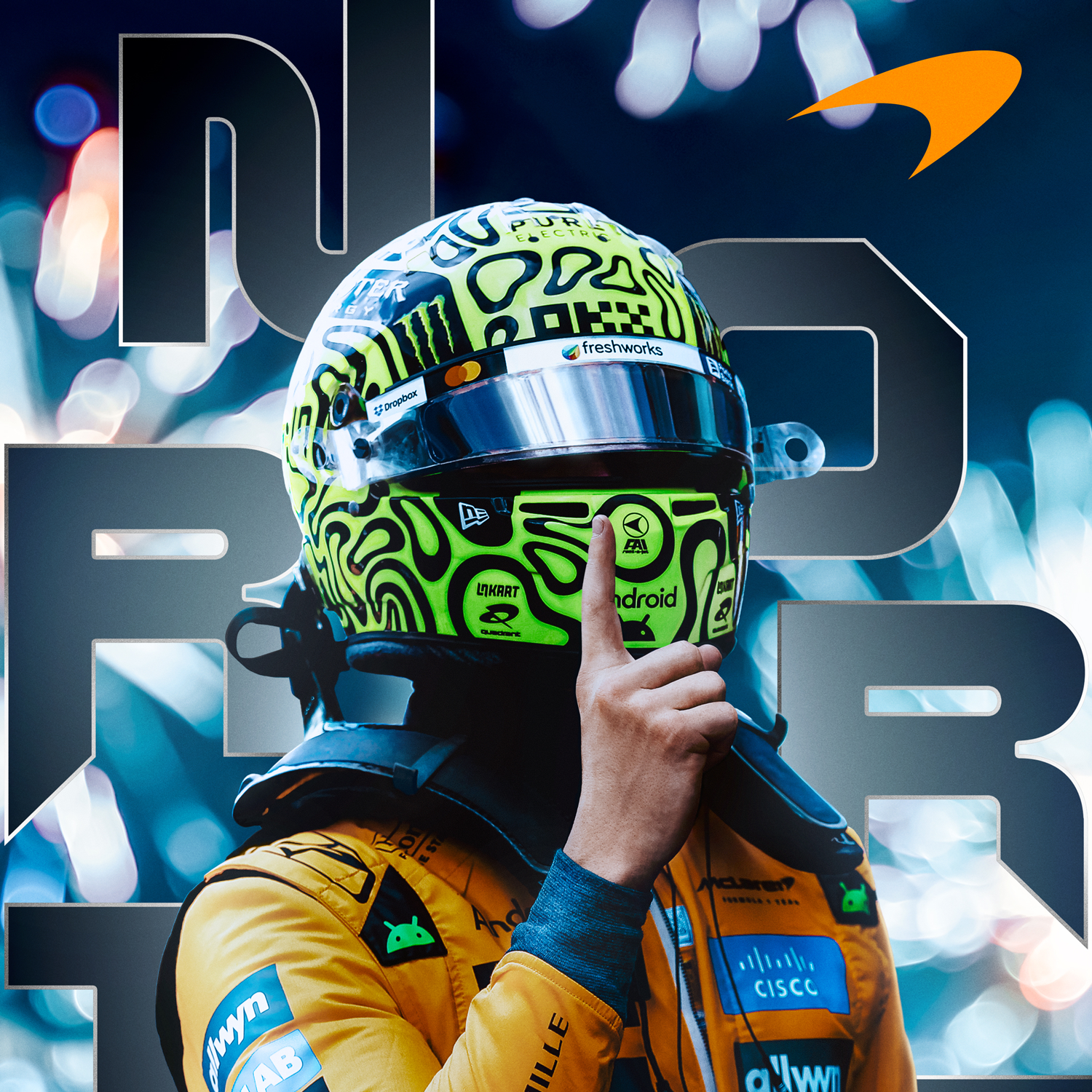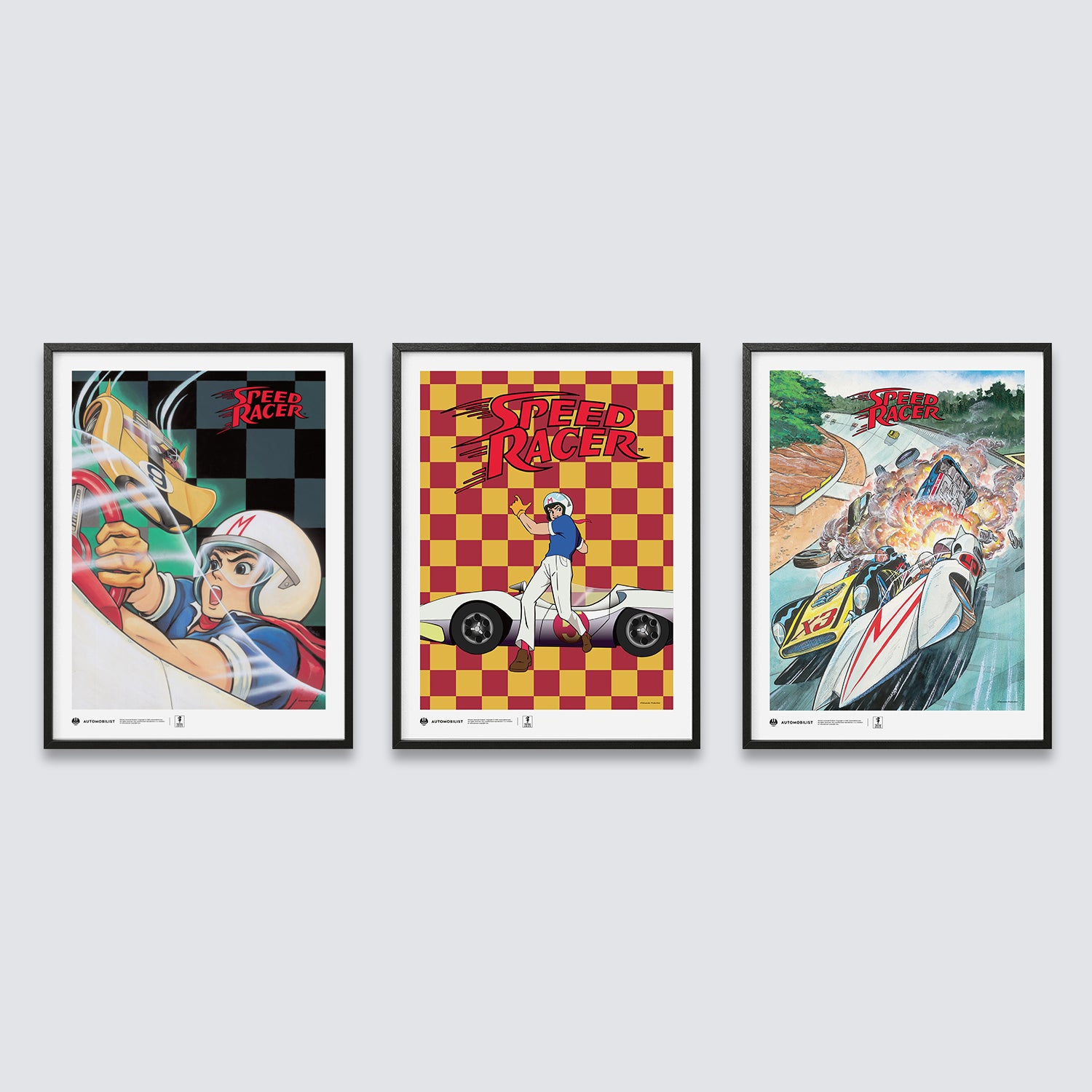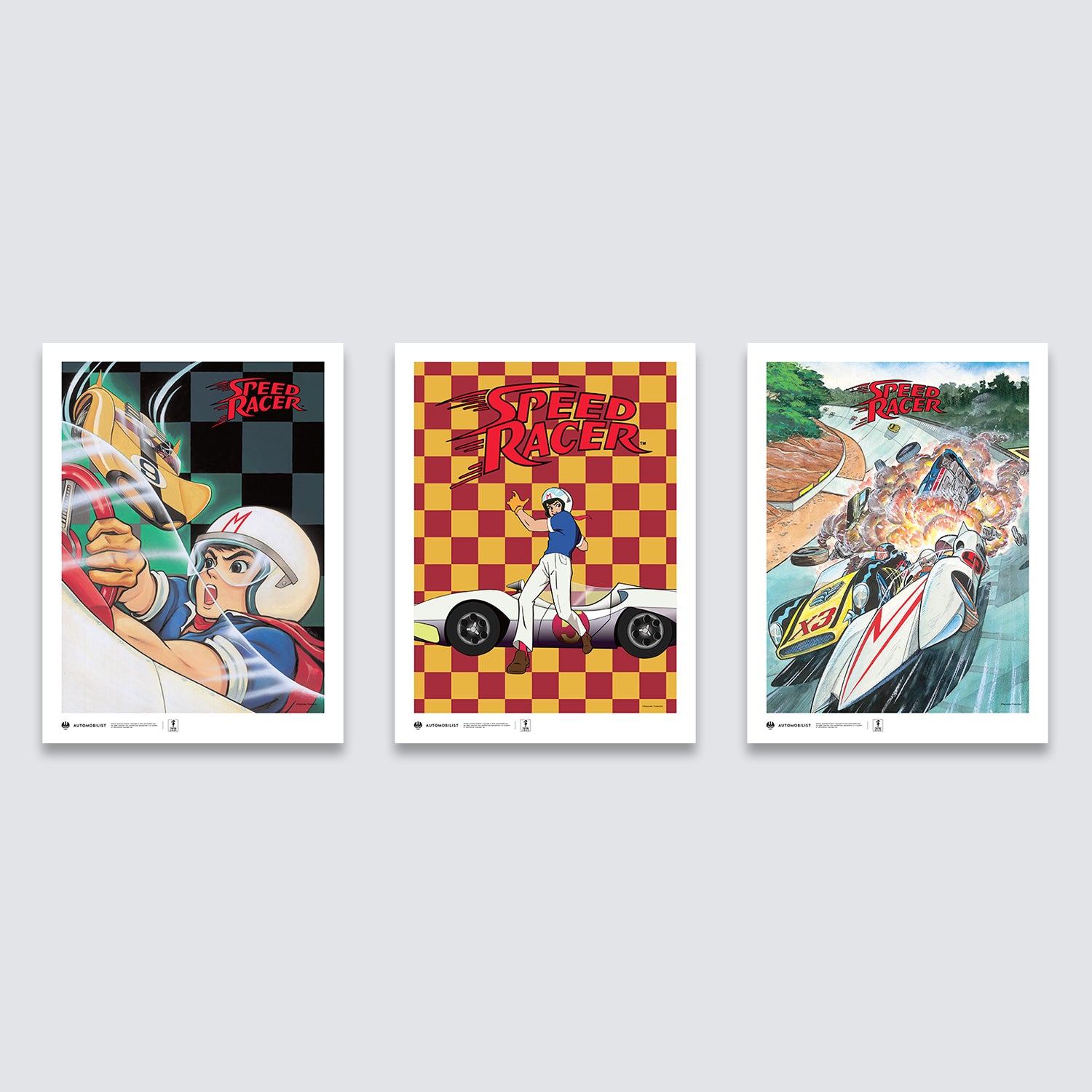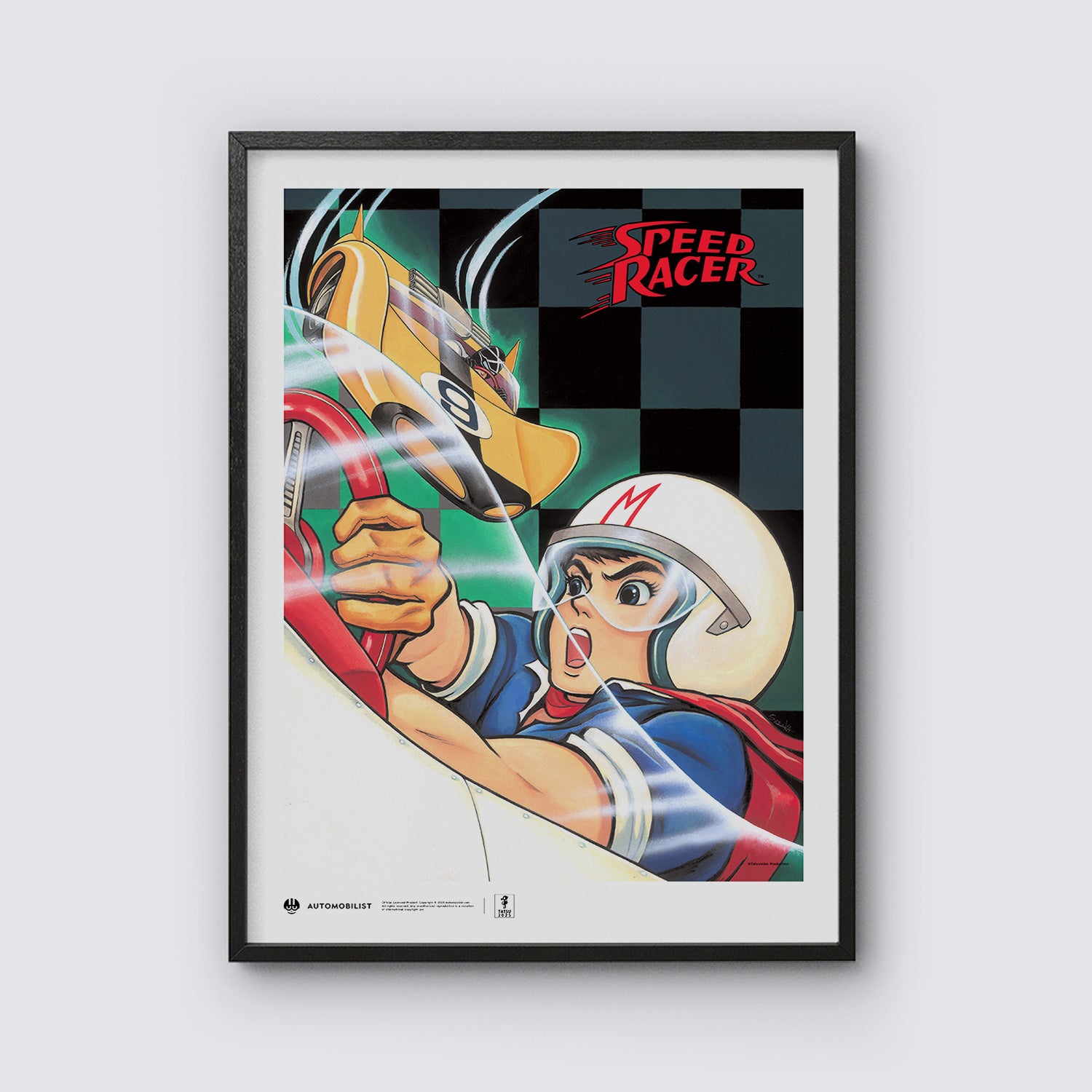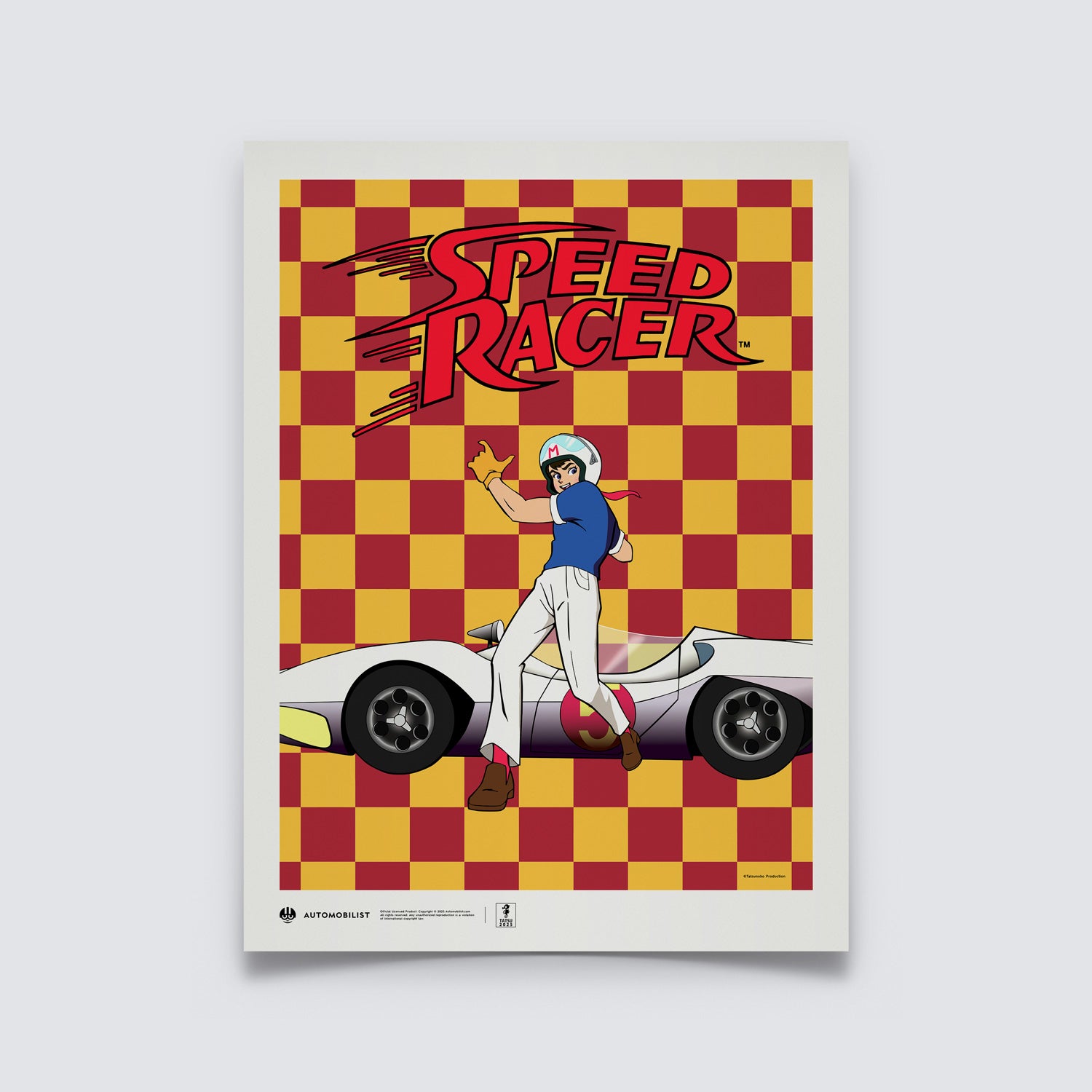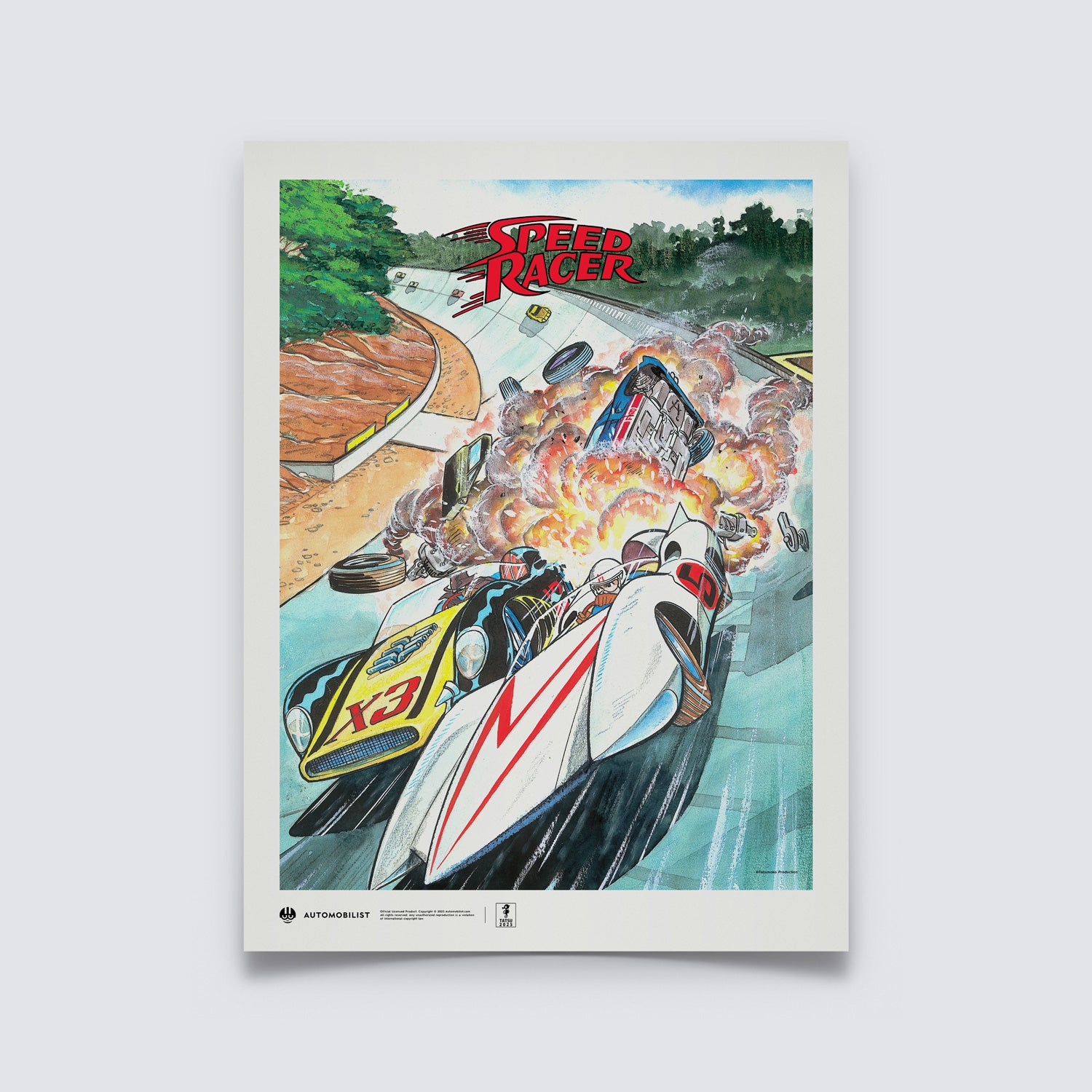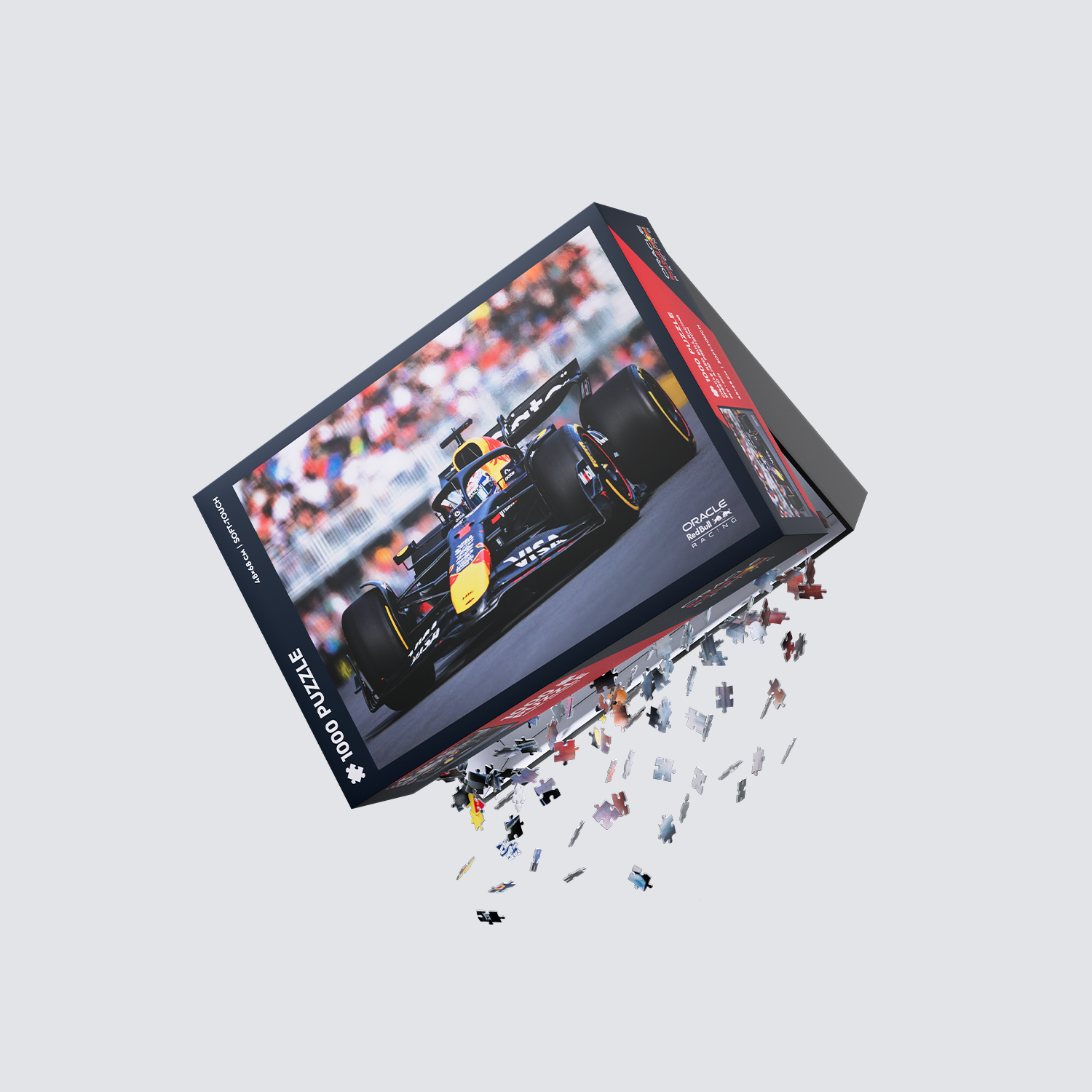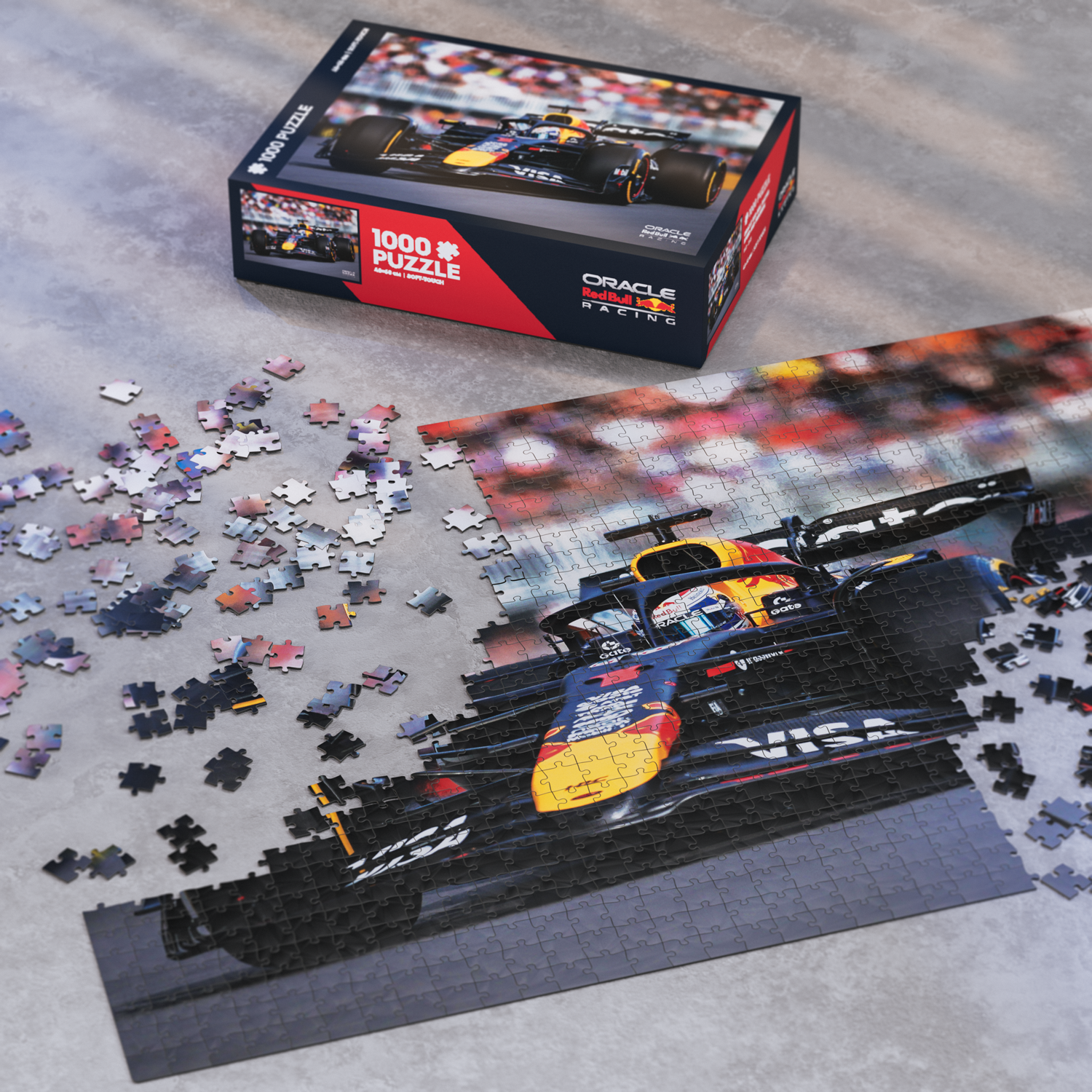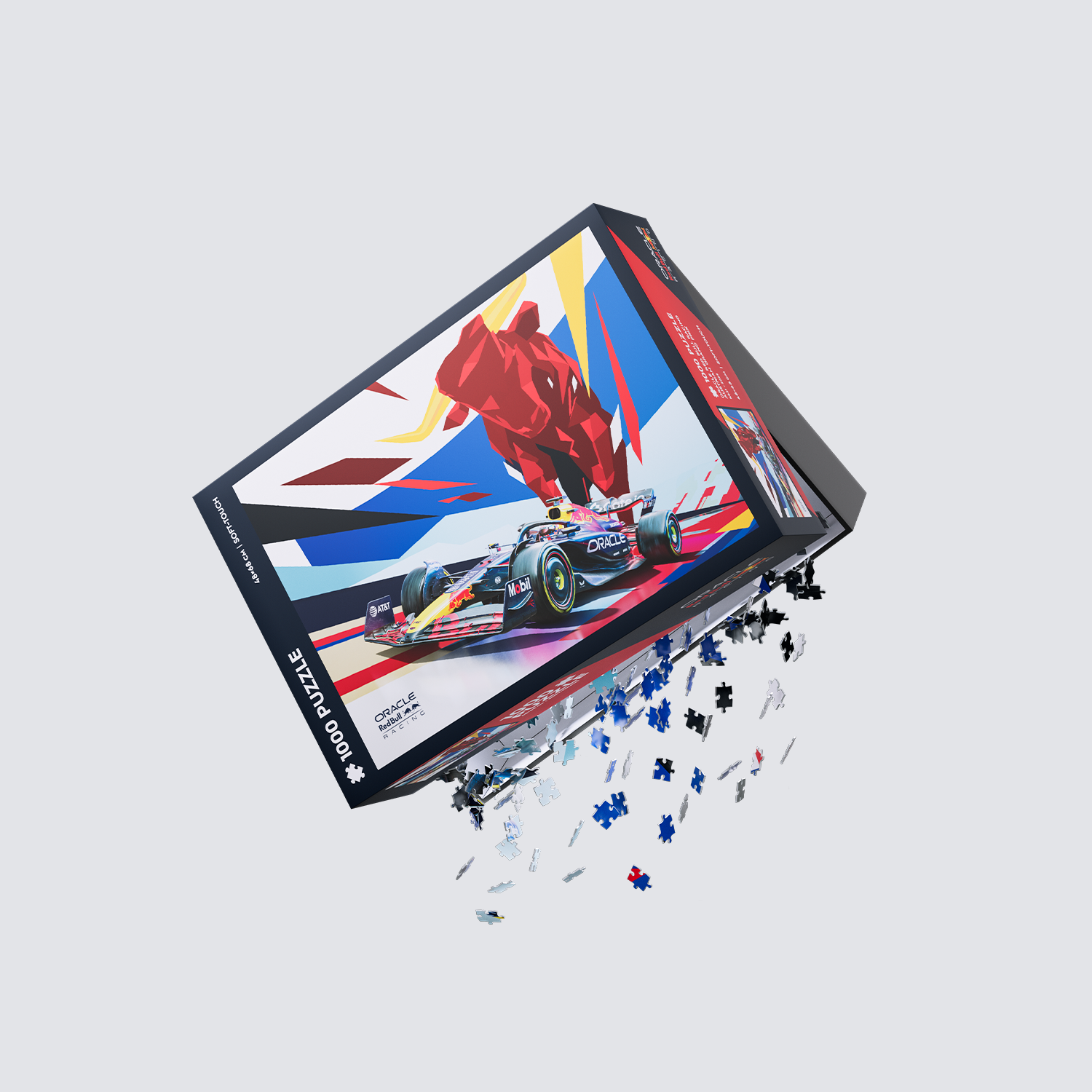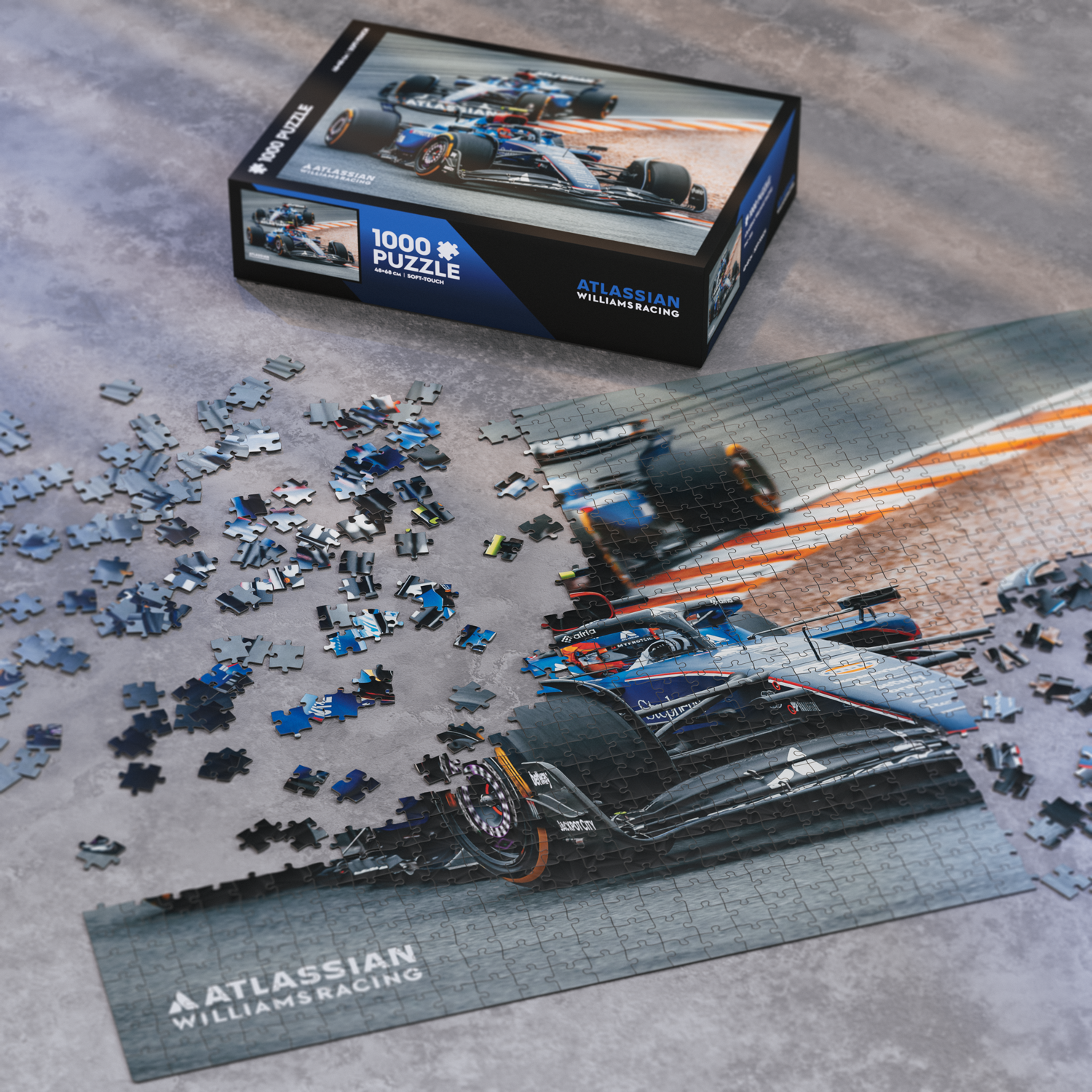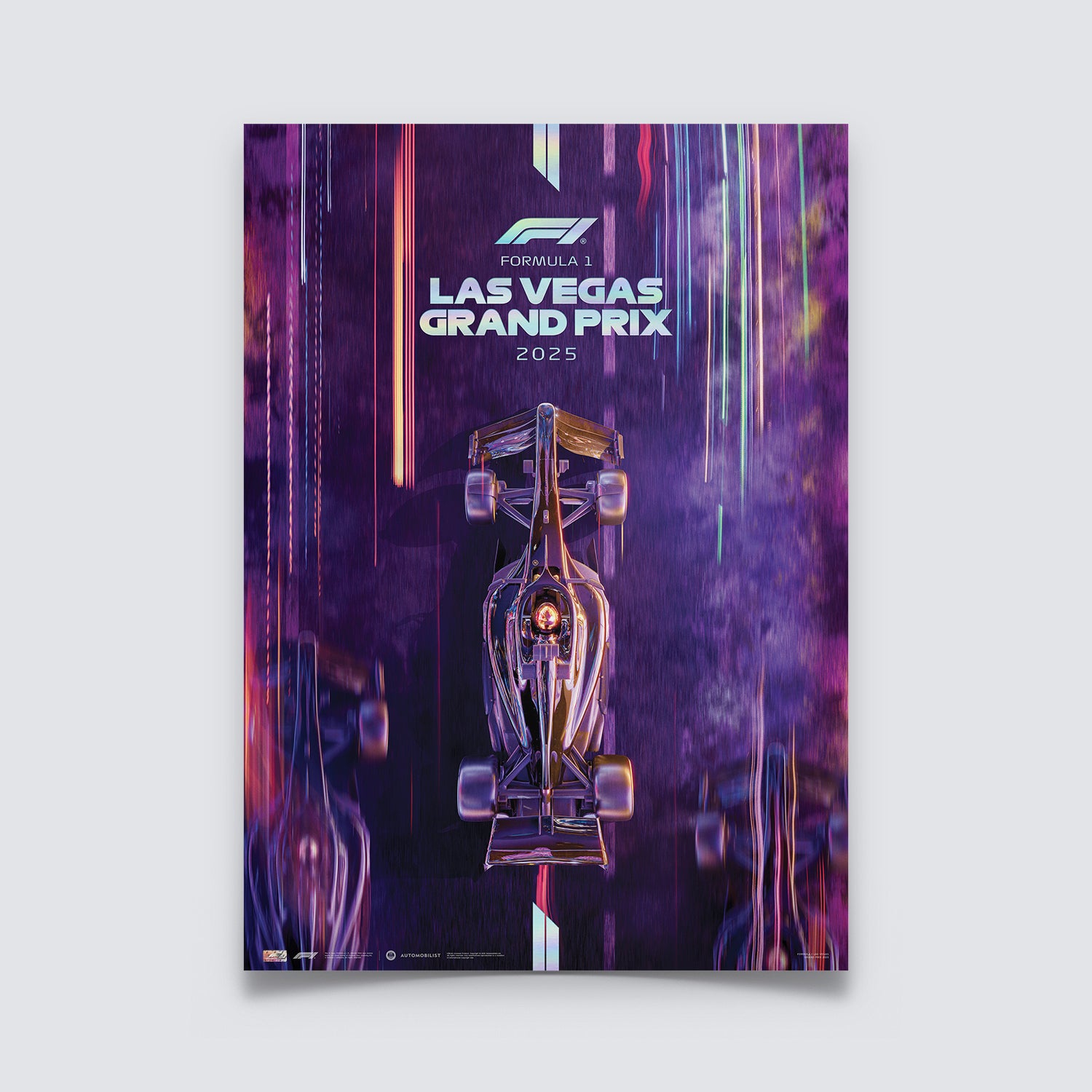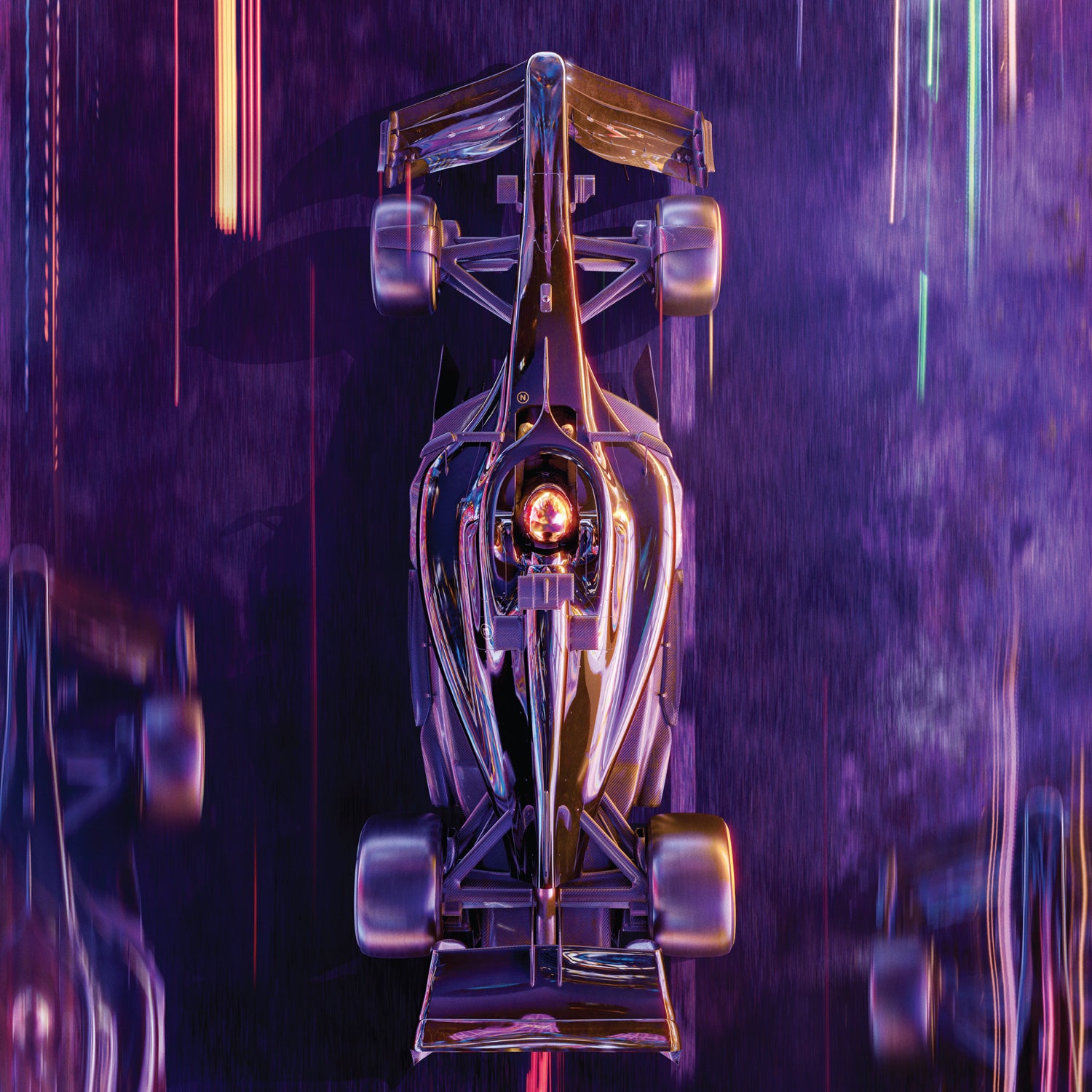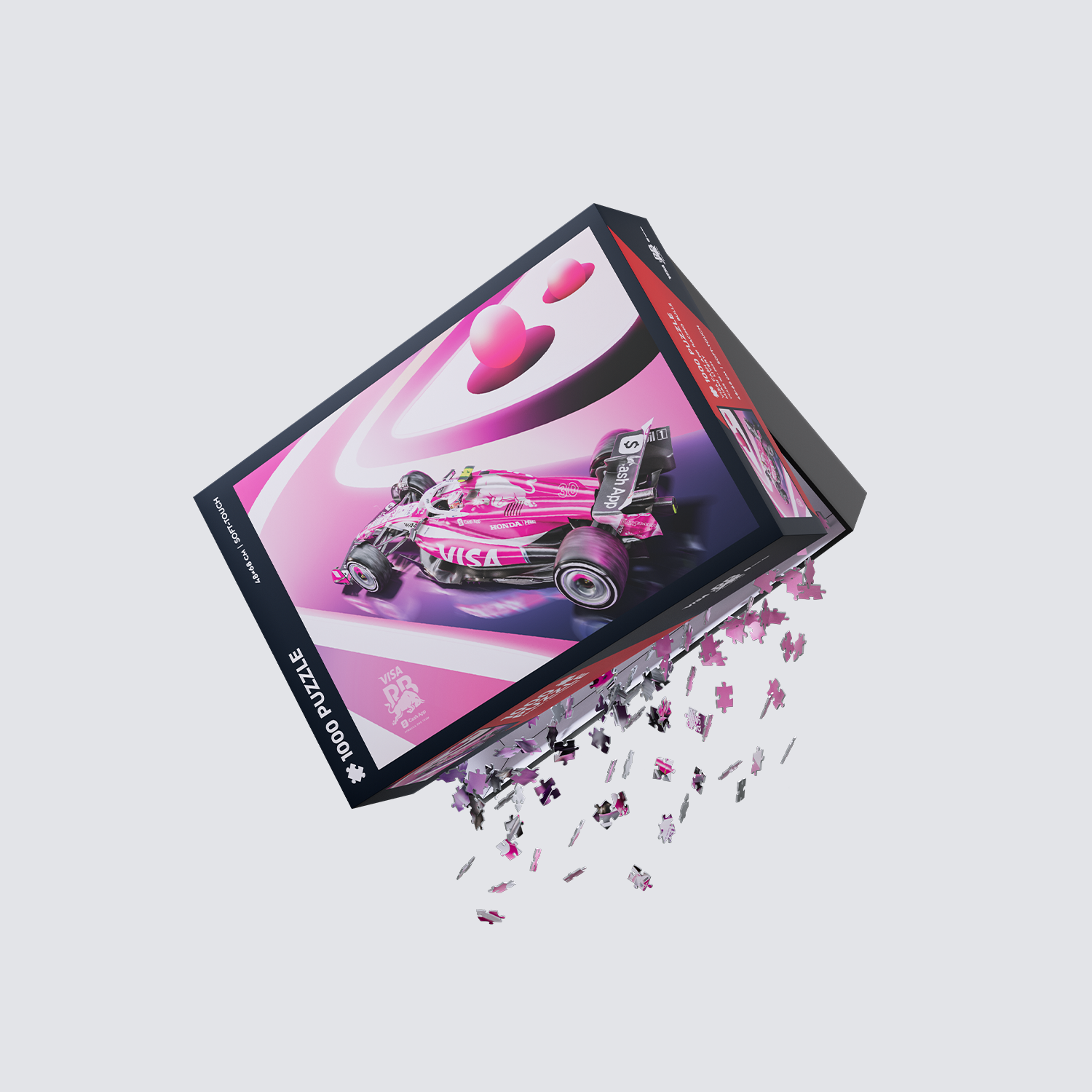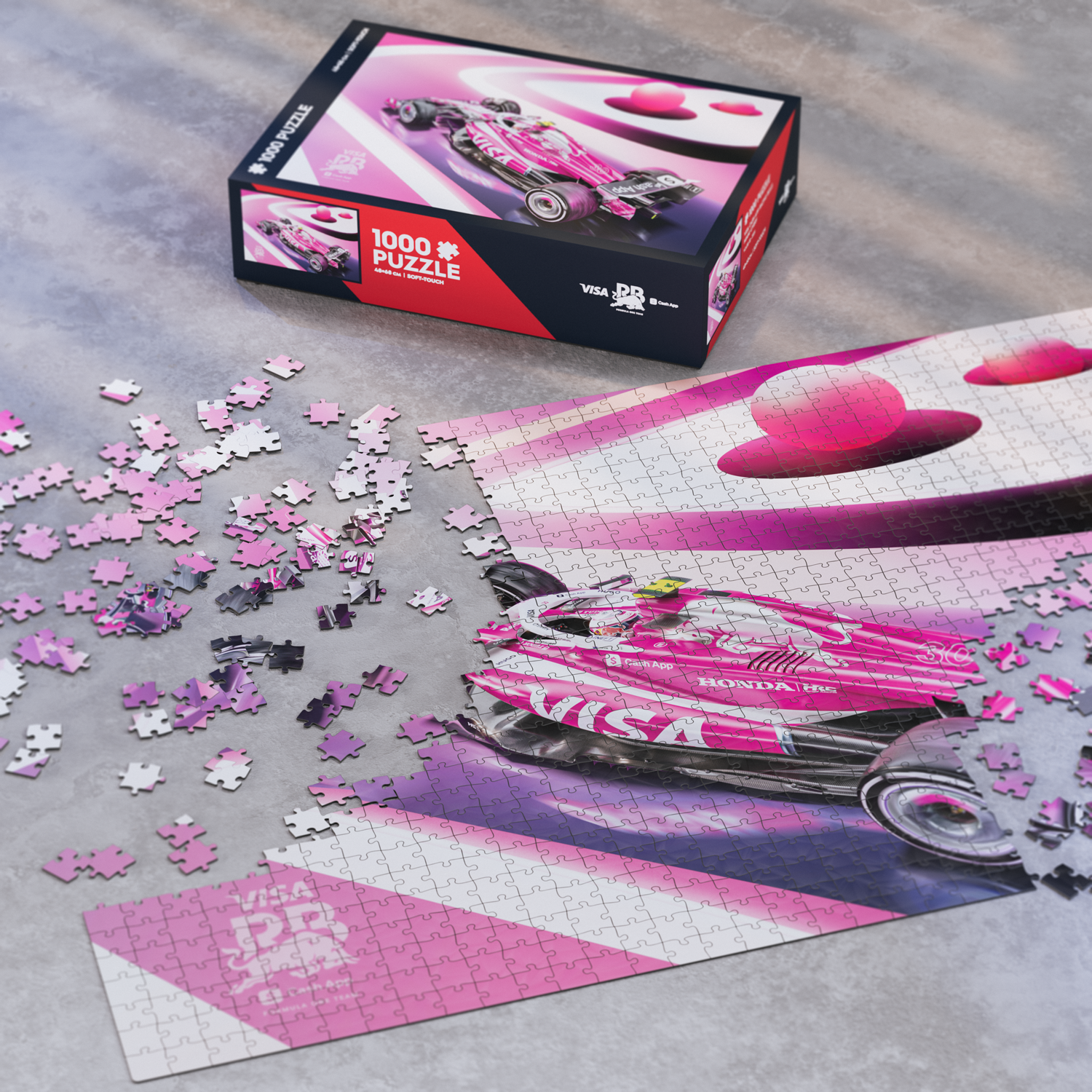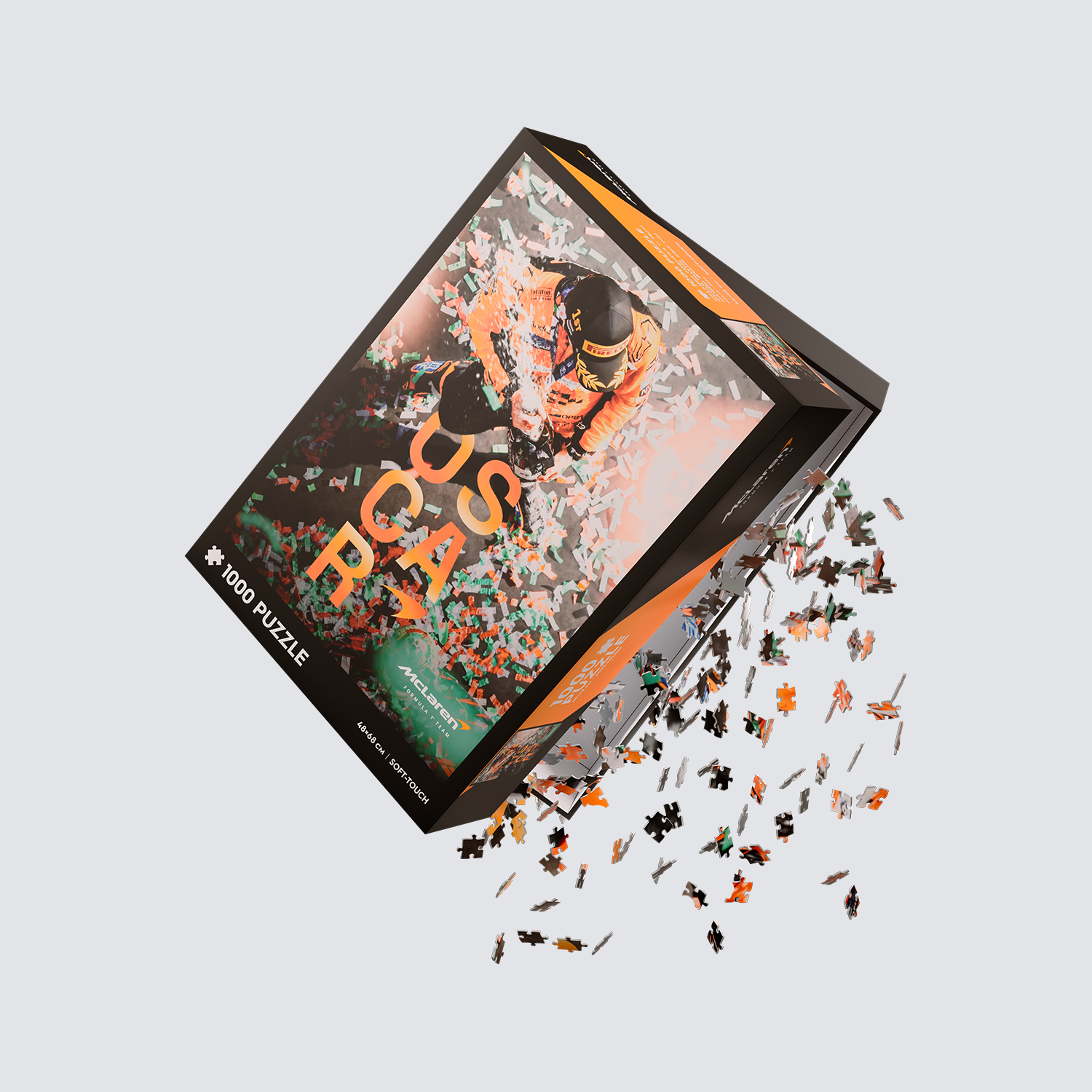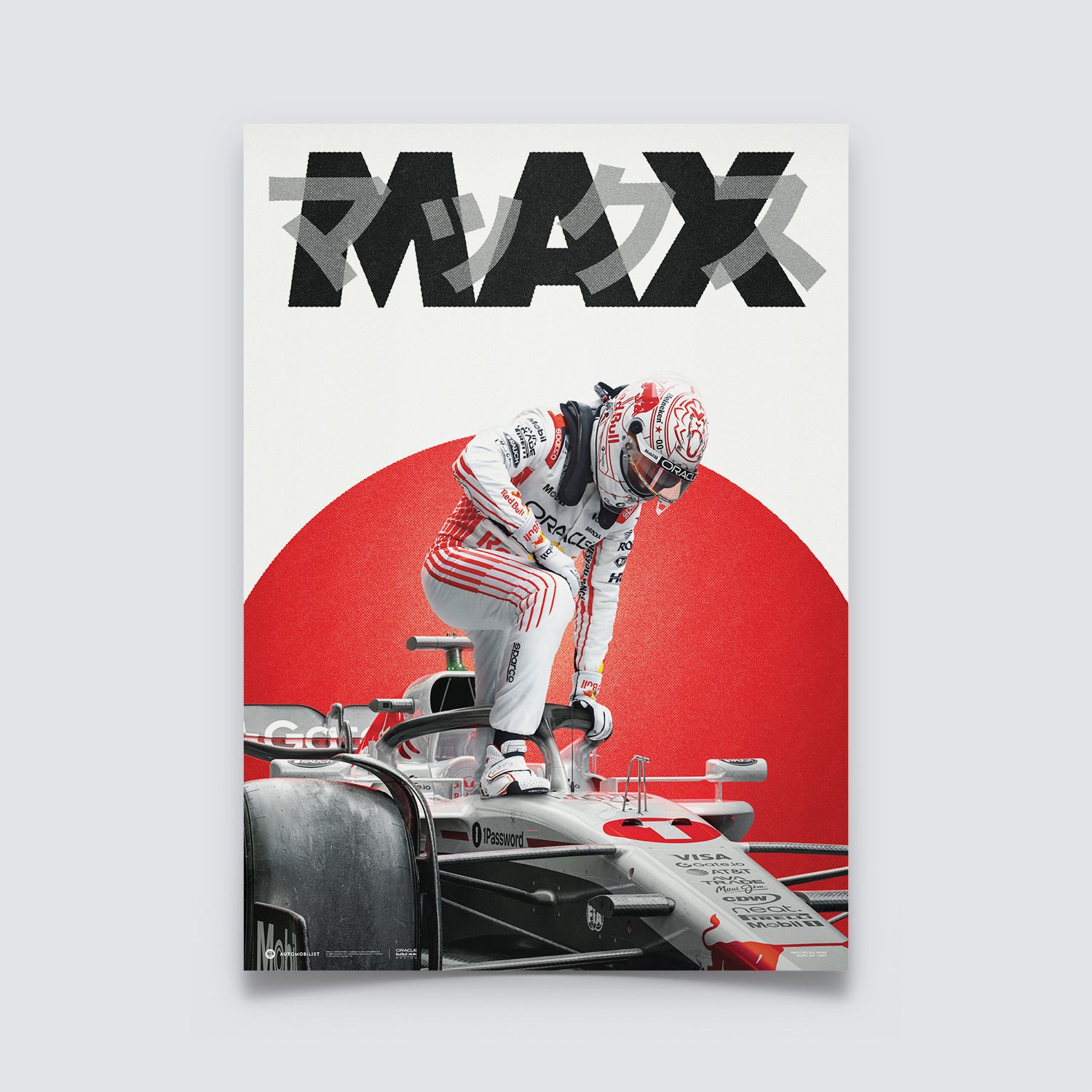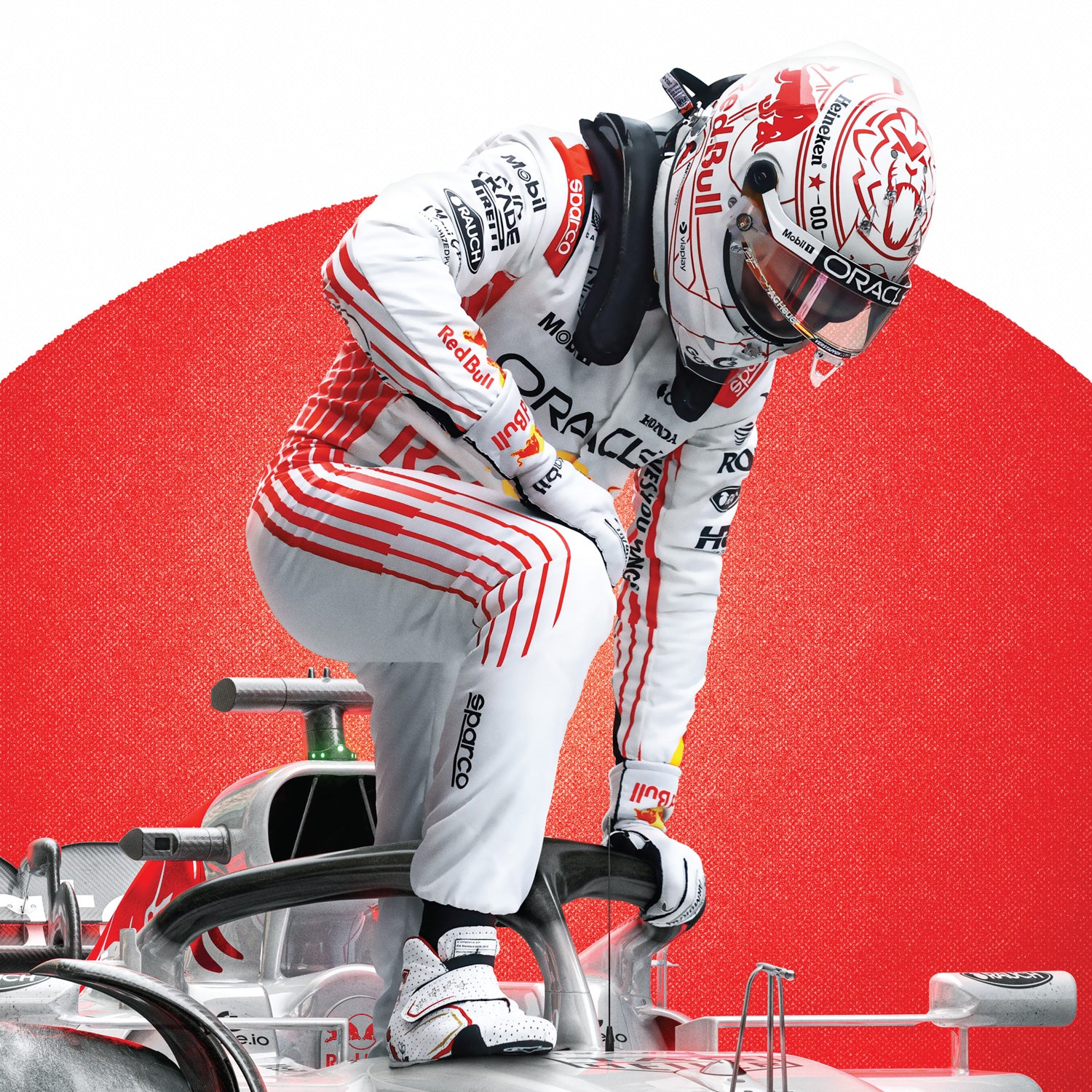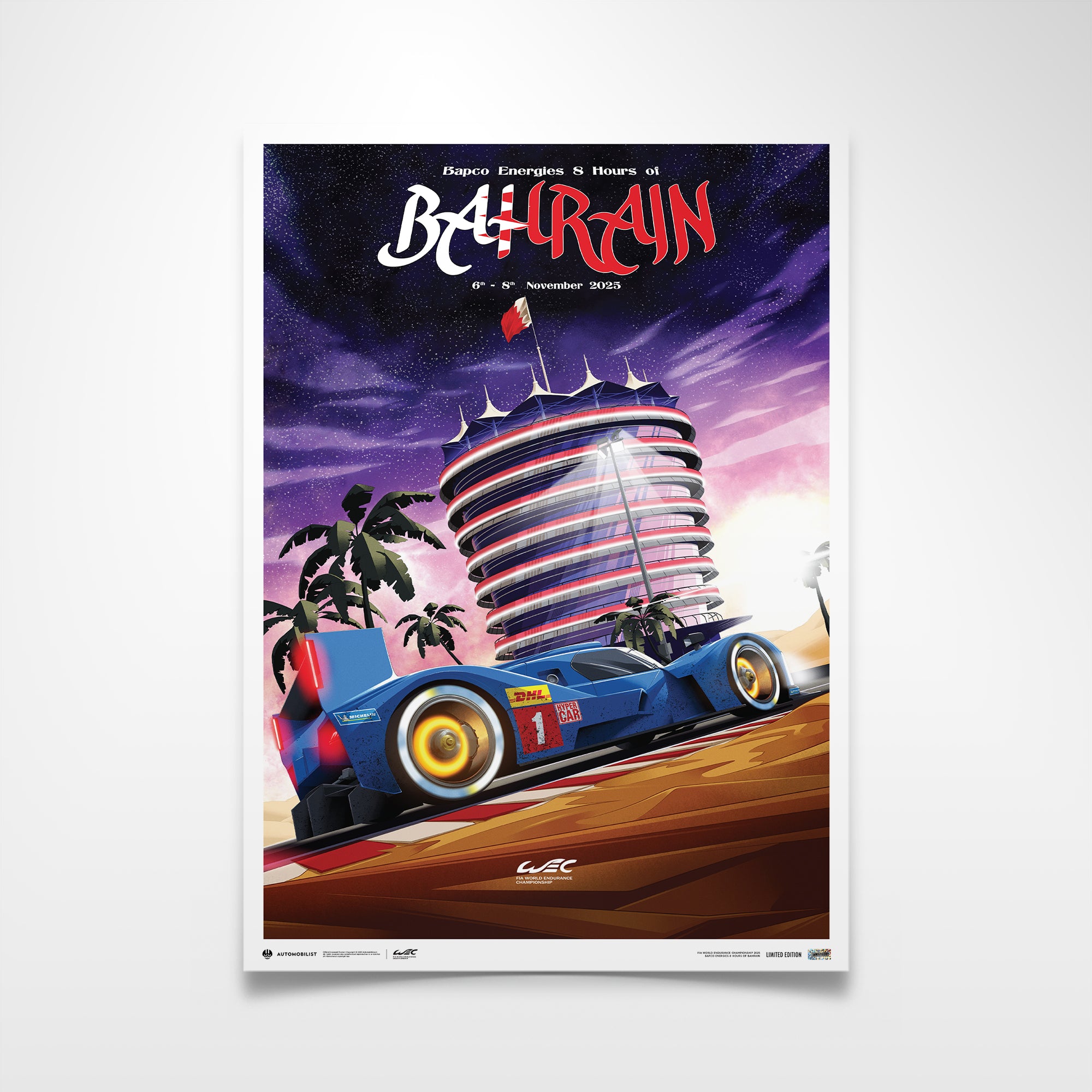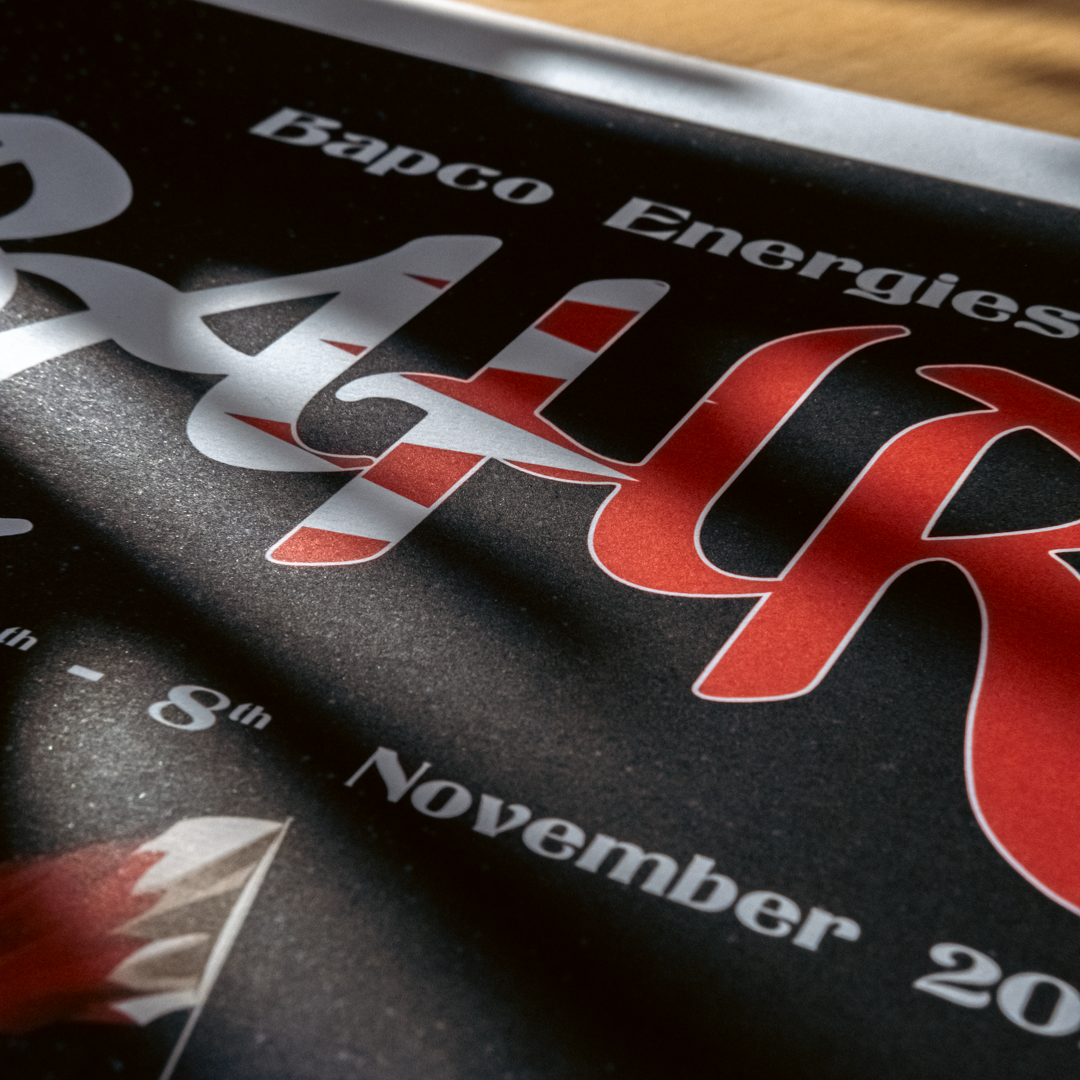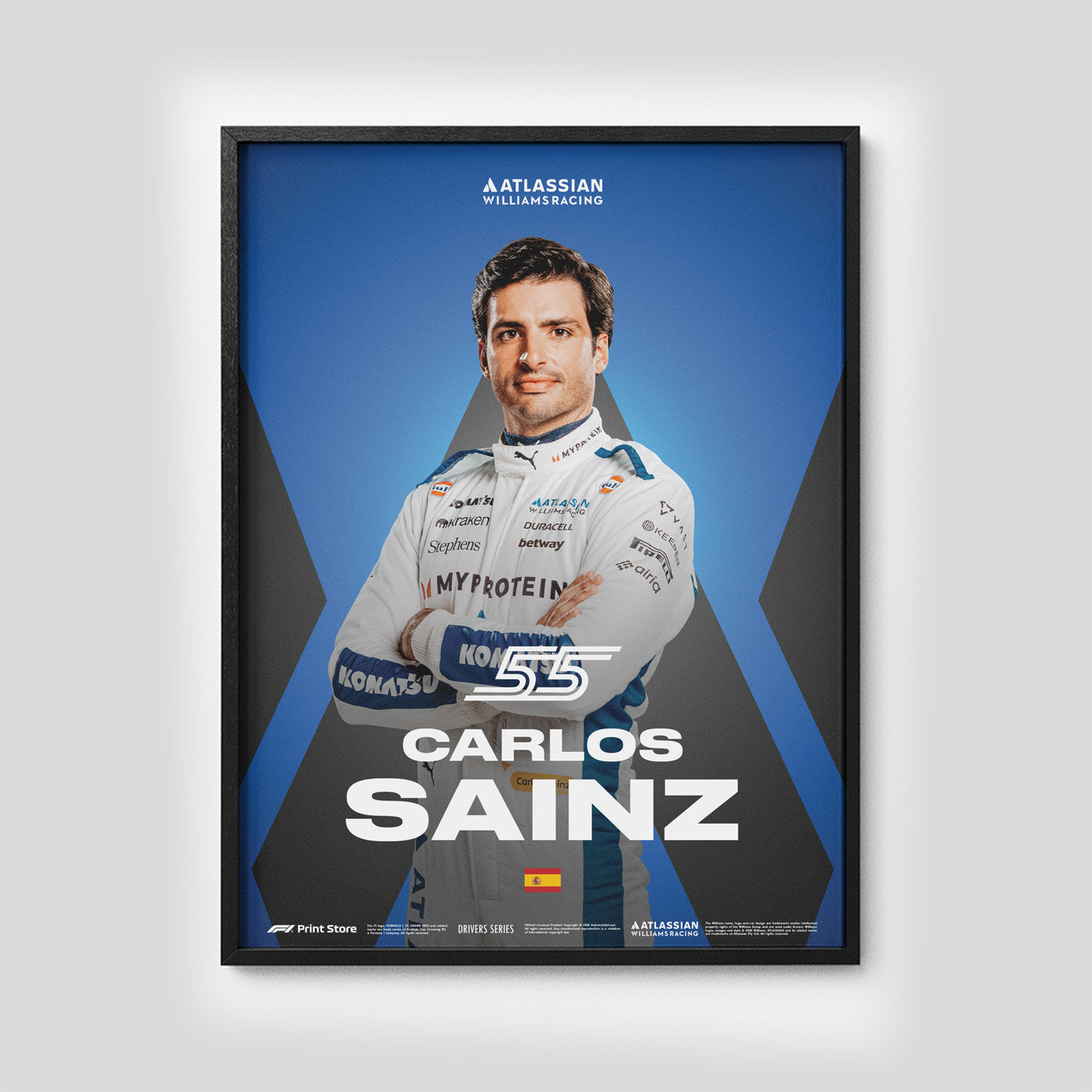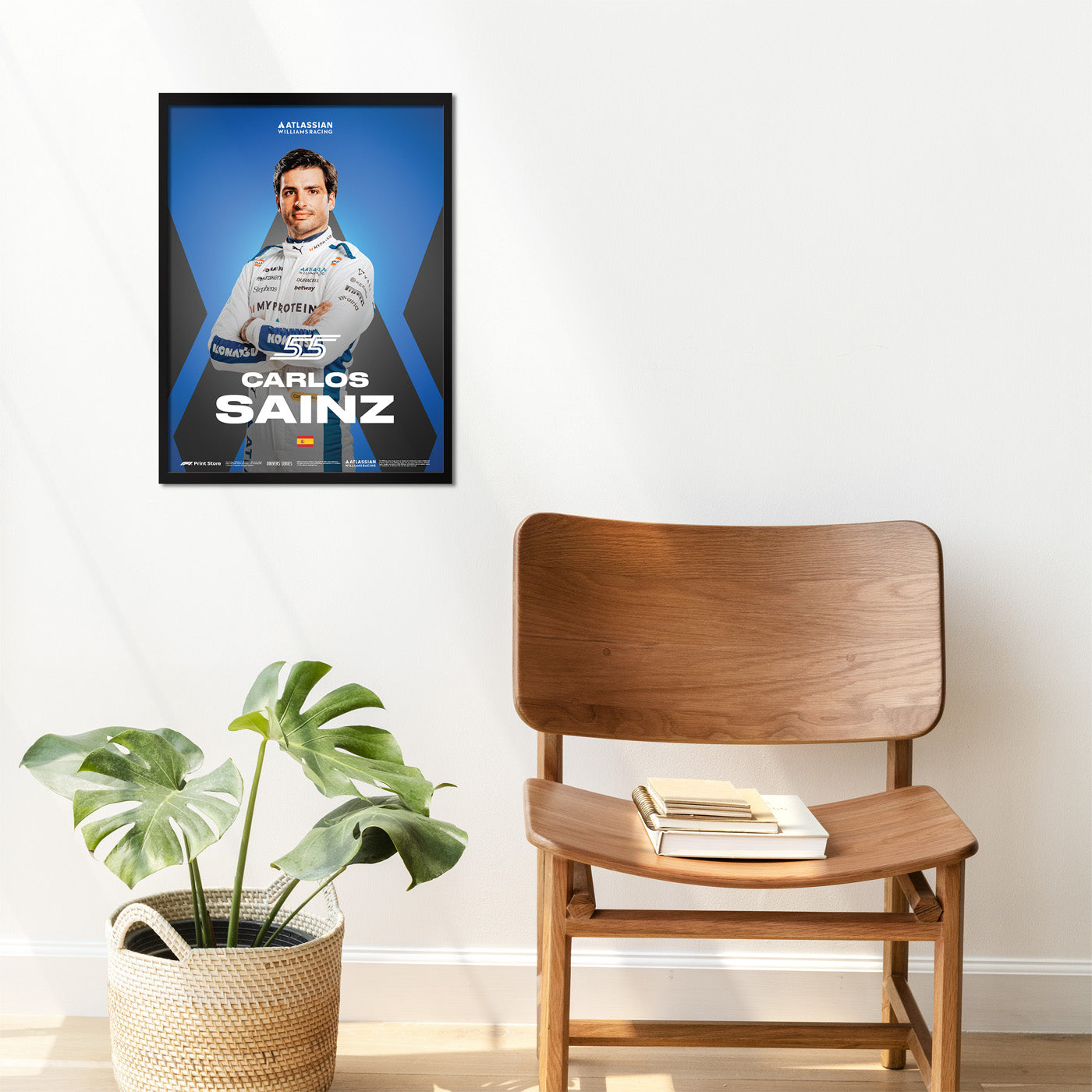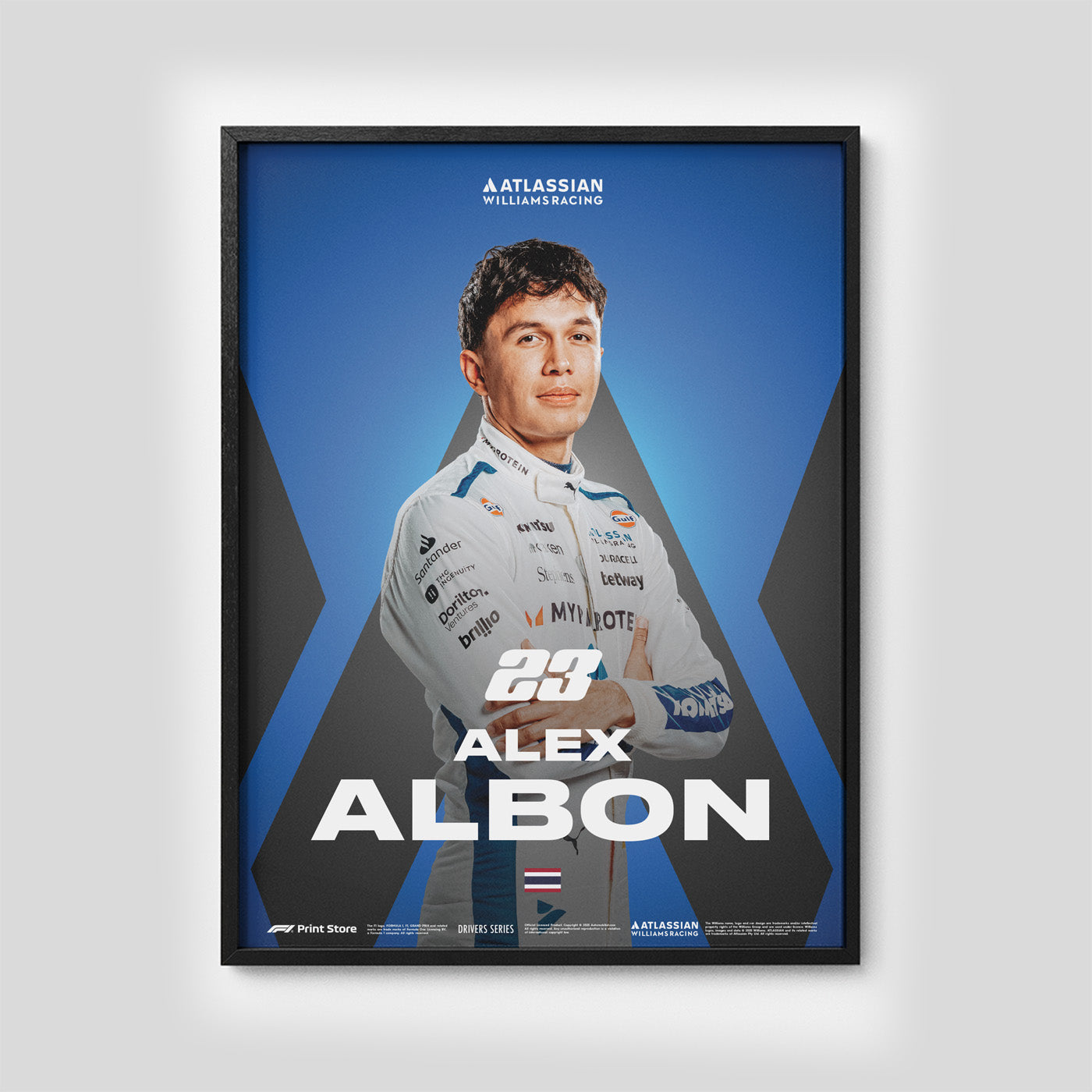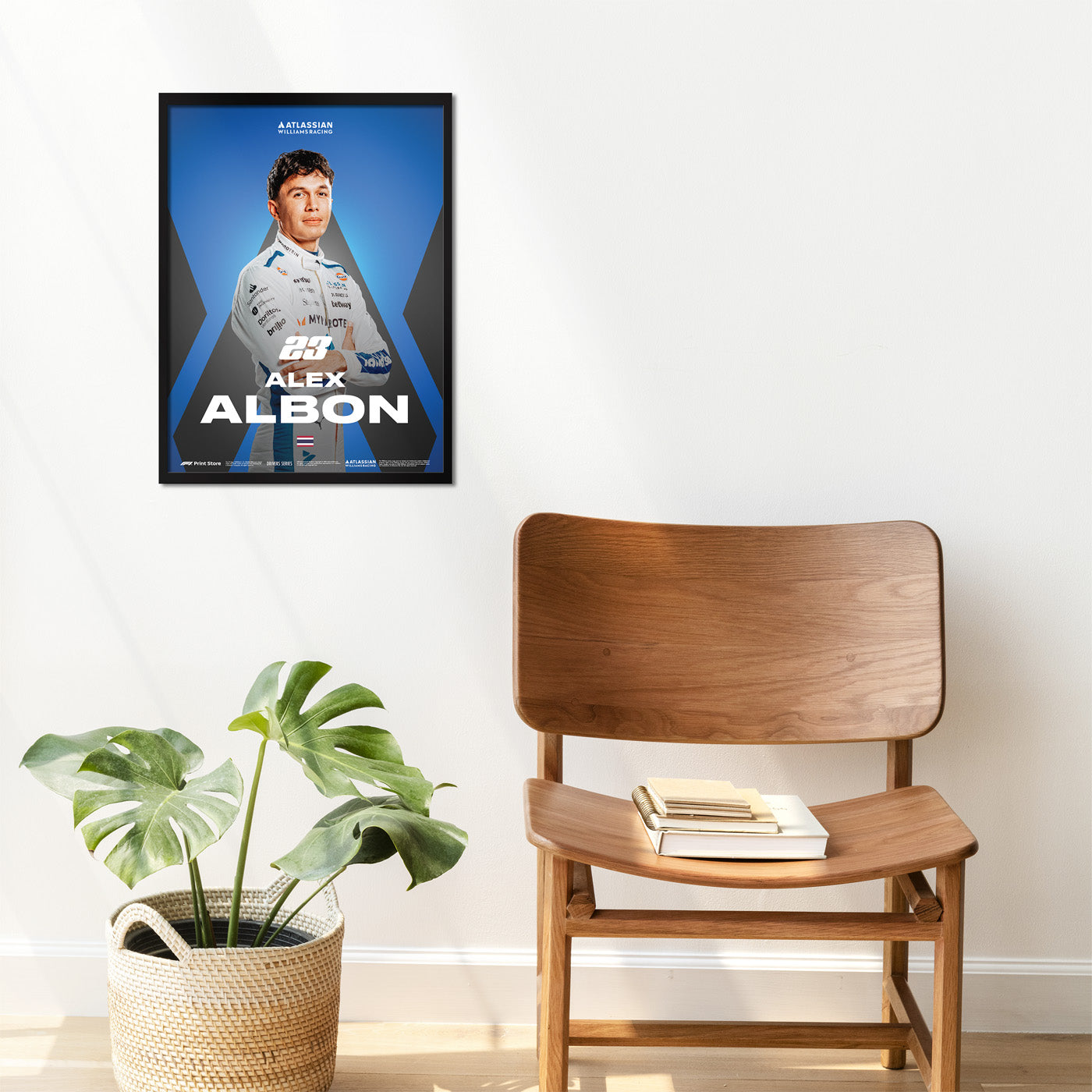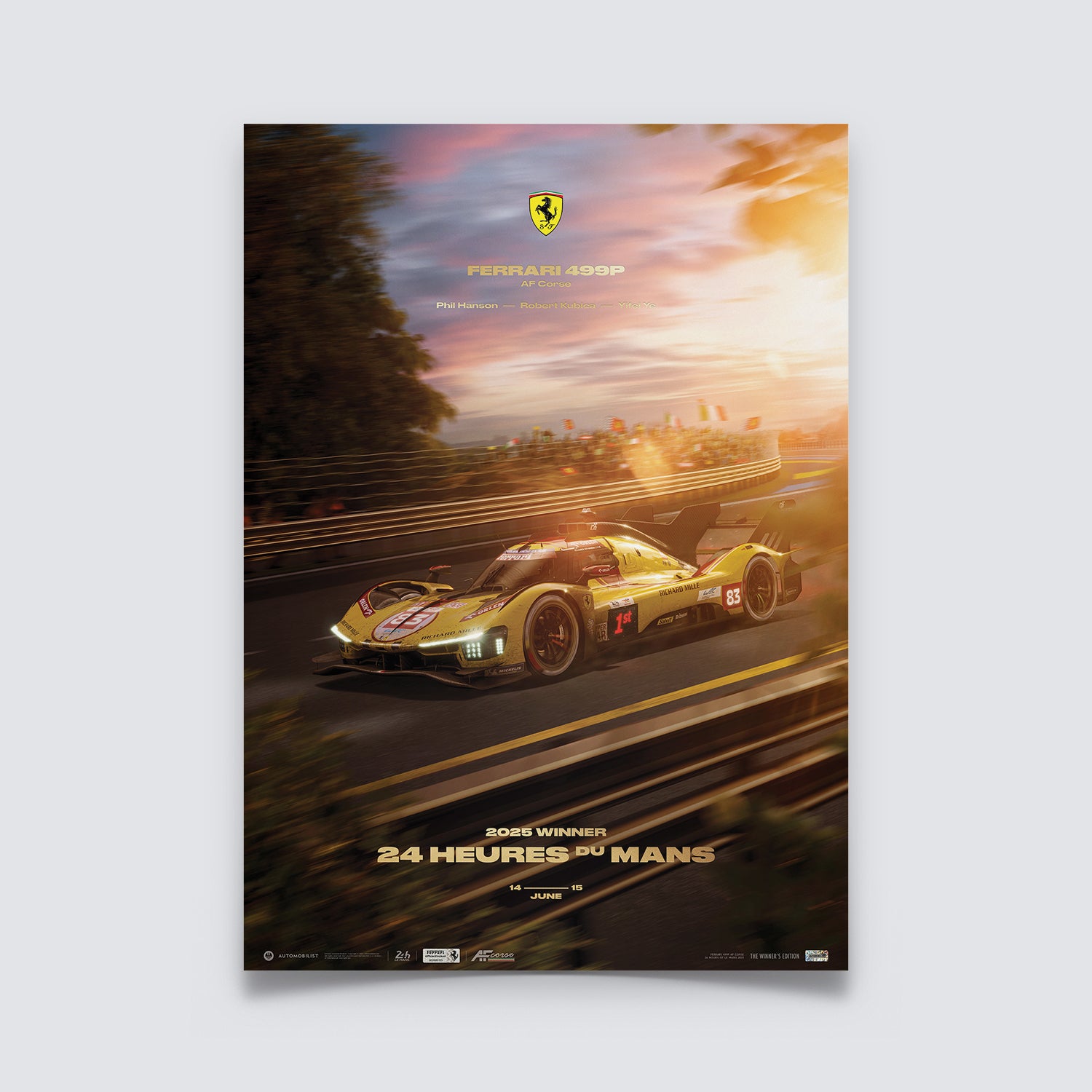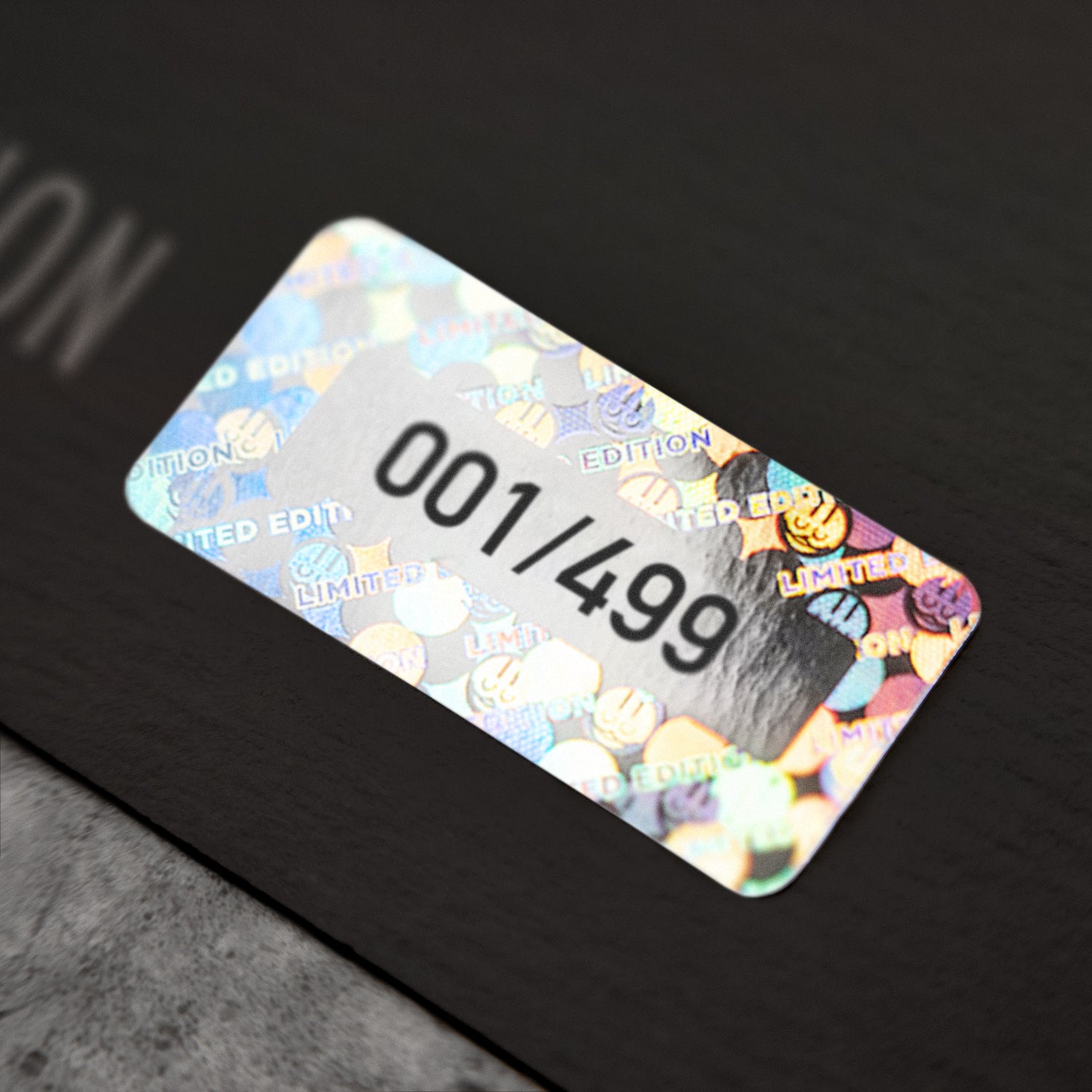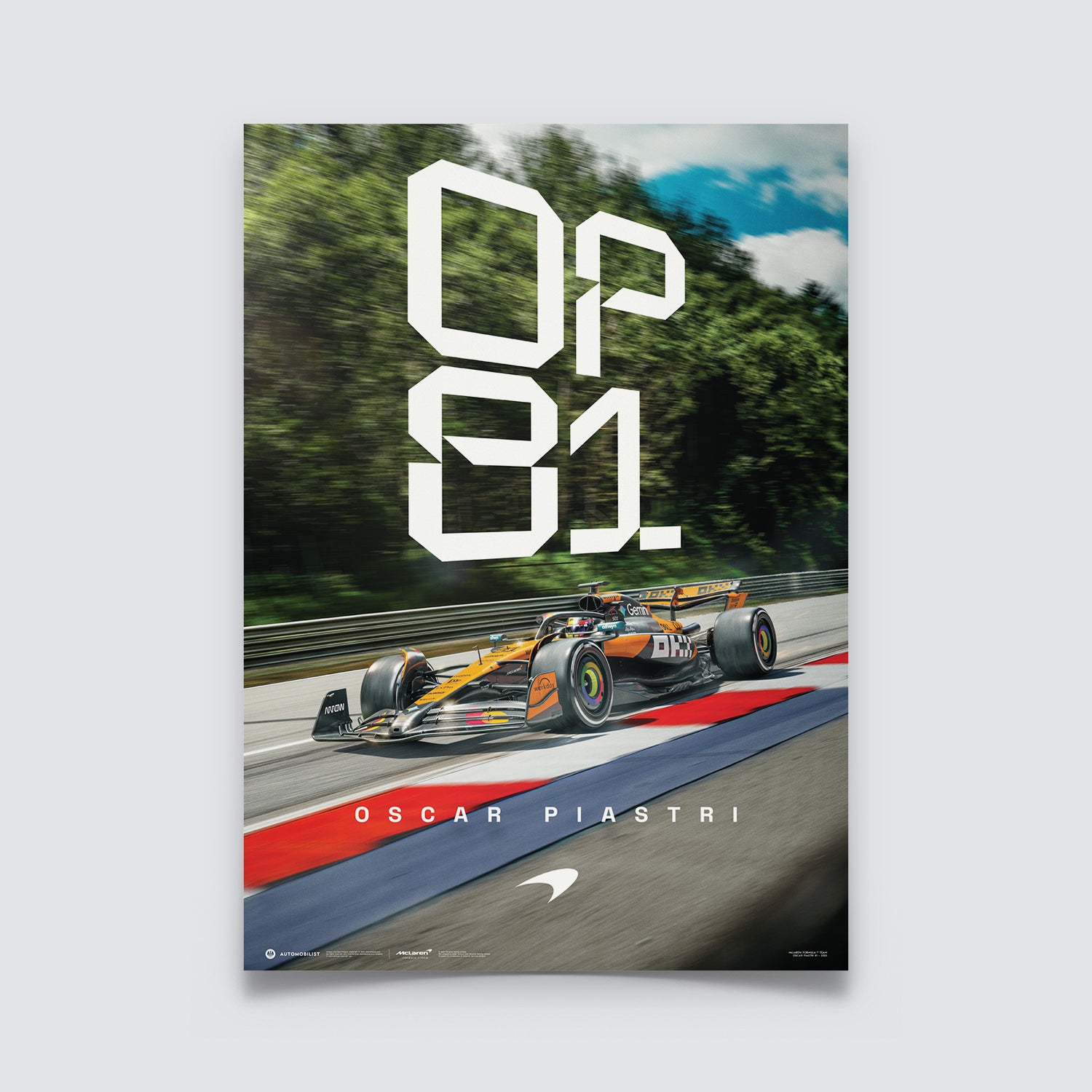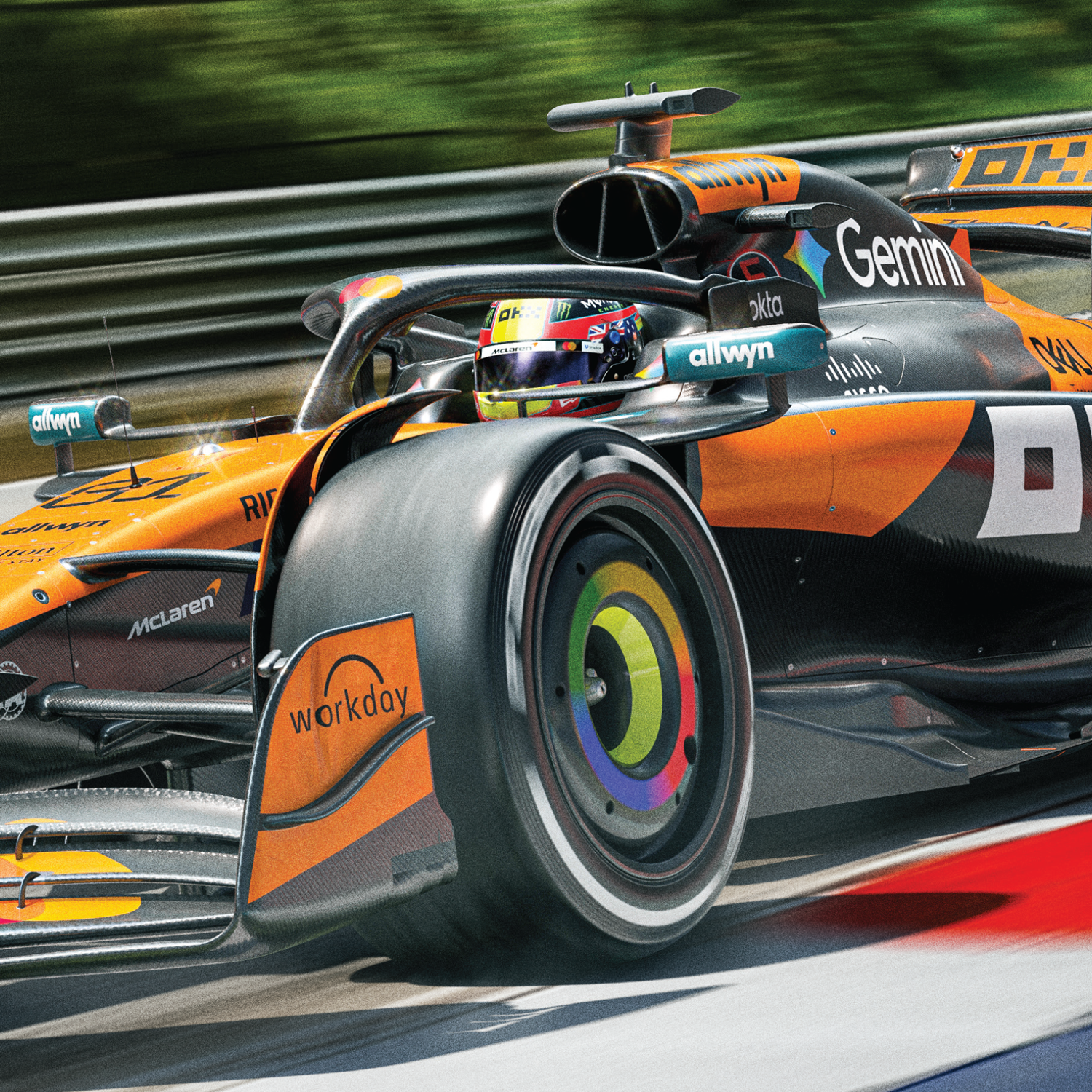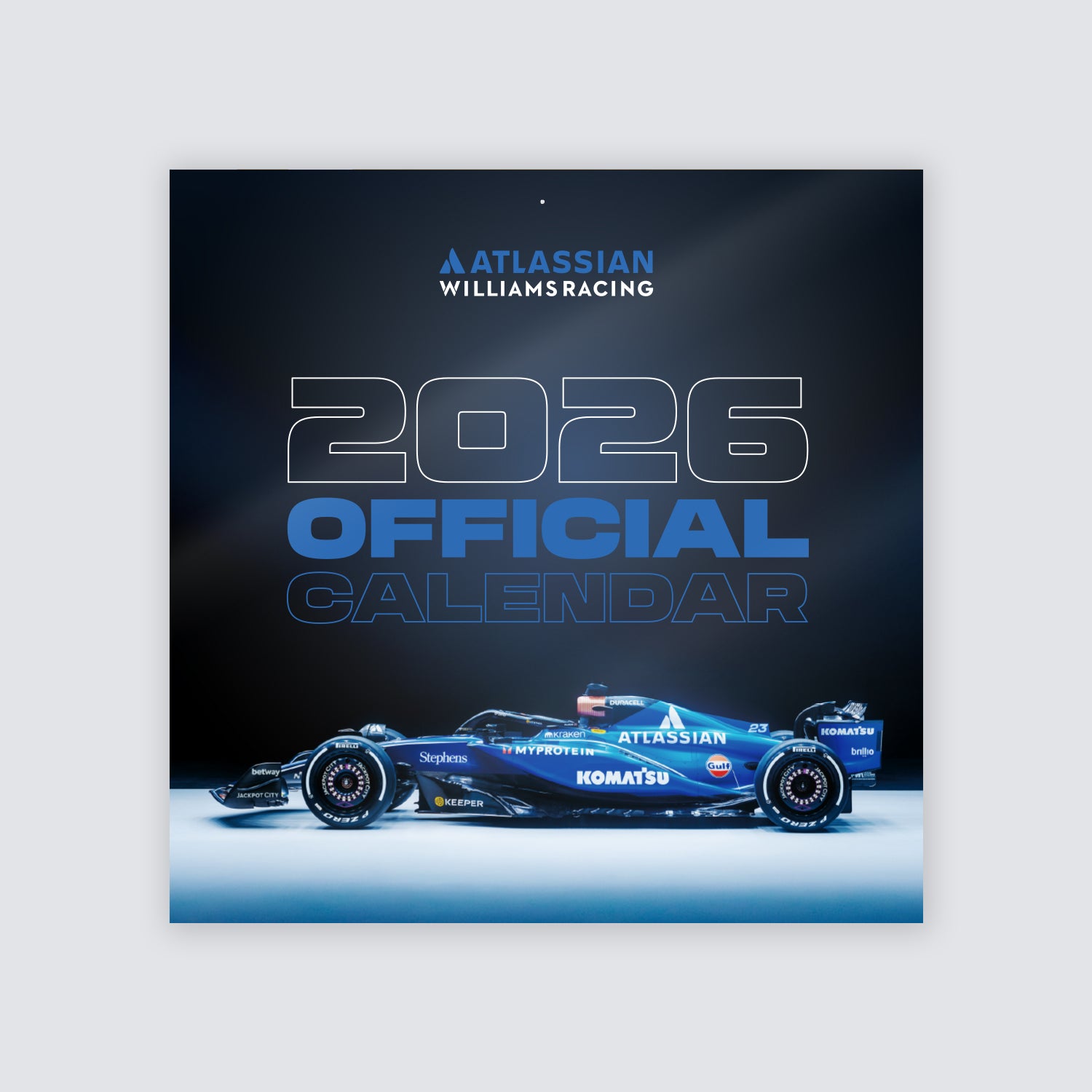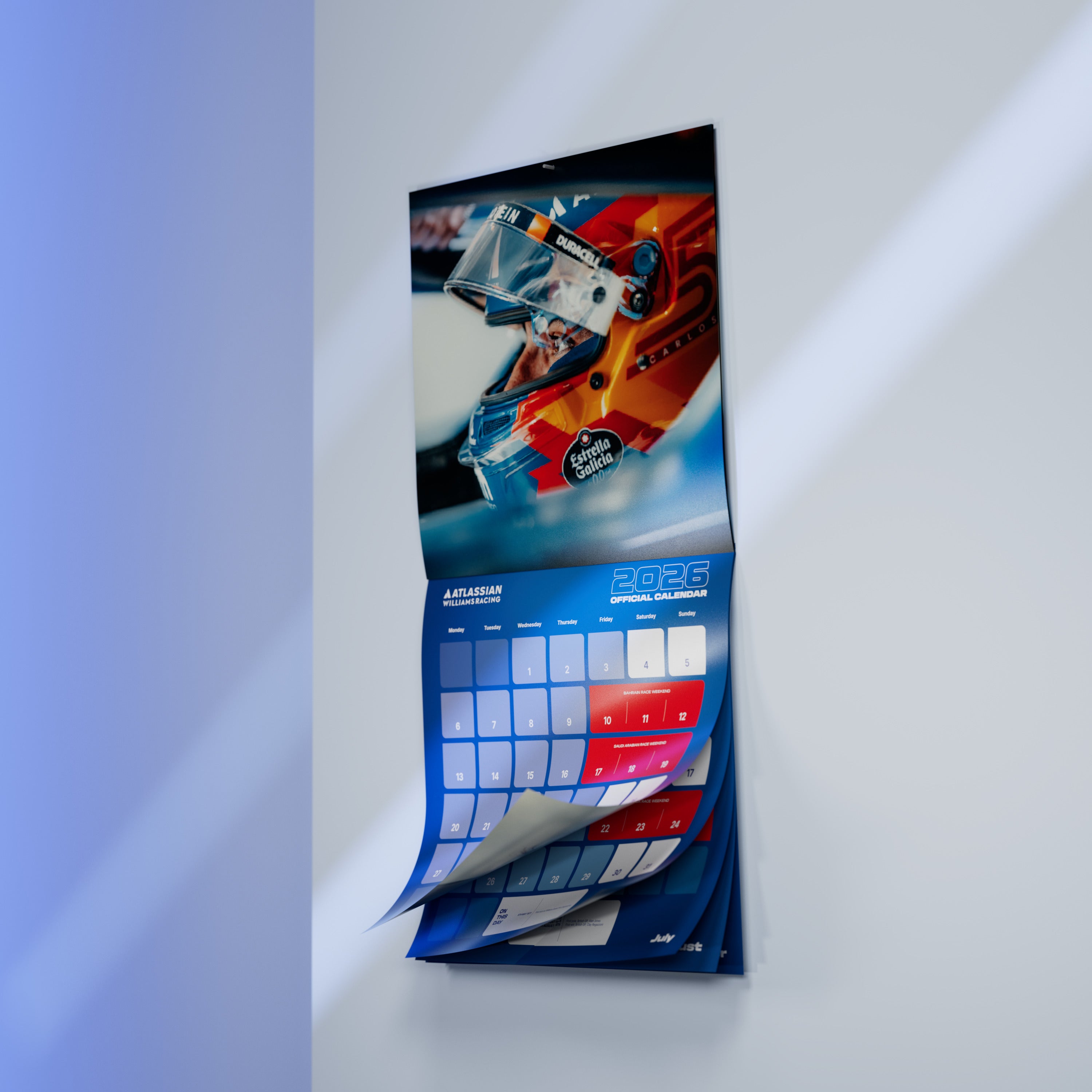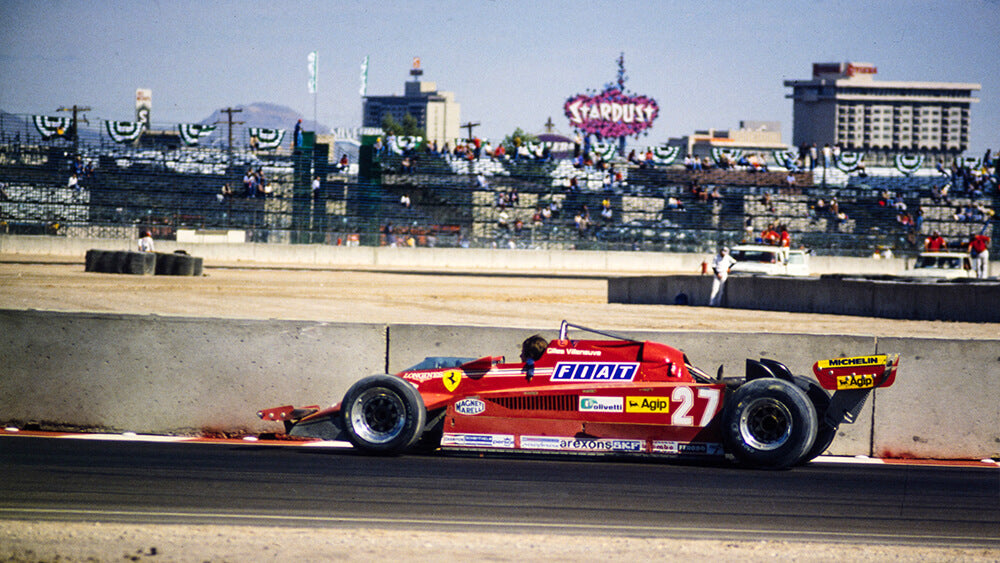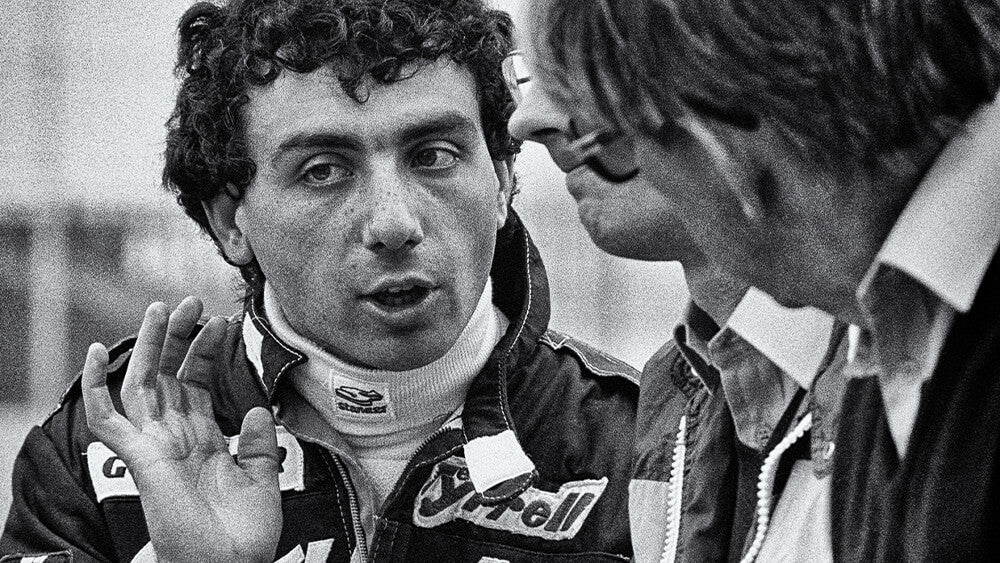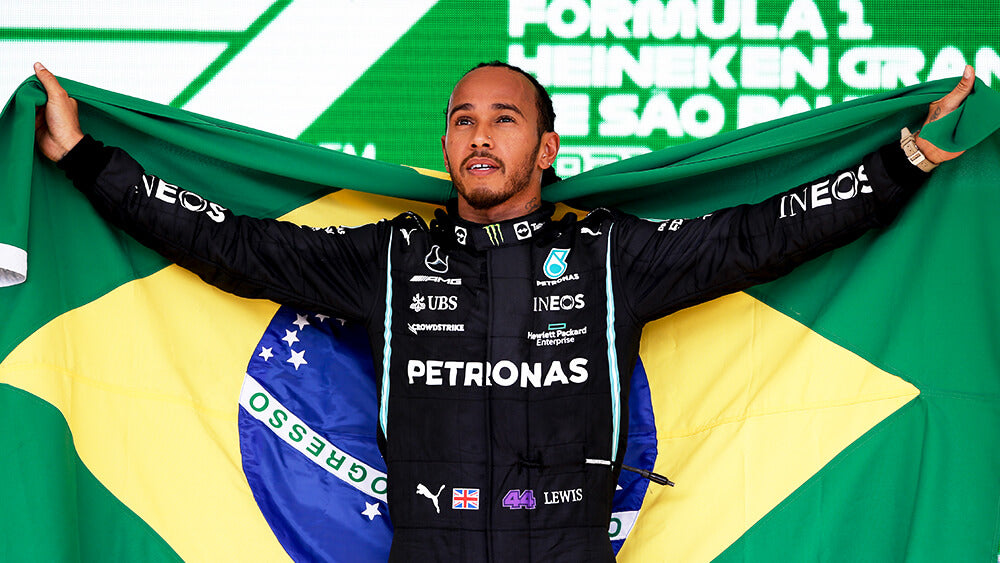No history of Red Bull Racing, statistically the most successful Formula 1 team on a start-to-world championships won basis (nine to date in 16 years), could do justice to the team’s achievements without a tip of a (blue) cap to energy drinks Mogul Dietrich Mateschitz, whose unbridled passion for - and recognition of the global popularity of - f1 as a sport and marketing platform led him to acquire the faltering Jaguar Racing F1 operation 18 years ago.
JagRac, as the team was then known, had its roots in Stewart Grand Prix, founded by the Stewart family, initially as a platform for the racing ambitions of triple world champion Sir Jackie’s eldest son Paul. When he realised that the limits of his talent lay below F1, they restructured the operation and gradually moved it upwards, becoming F1 entrants in 1997. By 1999 they had become grand prix winners, then sold out to Jaguar.
During its five years in F1 the ‘Green Team’ chronically underperformed, scoring two podiums and 49 points in 85 starts and regularly being beaten by underfunded independents. By end-2004 Ford, the then-owner of the British brand, had endured enough embarrassment and put Jaguar Racing up for sale, allegedly for a symbolic British Pound, finding a buyer in Red Bull.
 Red Bull founder Dietrich Mateschitz at the Formula 1 Grand Prix in Monaco 2005. Image courtesy Hoch Zwei
Red Bull founder Dietrich Mateschitz at the Formula 1 Grand Prix in Monaco 2005. Image courtesy Hoch Zwei
Red Bull had dabbled in F1 driver and team sponsorships since its founding in 1987 by Mateschitz, who acquired the recipe to a ‘wake-me-up’ tonic while on an unrelated business trip to Thailand and recognised the beverage’s qualities and potential as an extreme sports-orientated energy drink. Now, though, Red Bull’s name was all over the car and the need for victory was acute. Thus a full restructure of the team commenced immediately.
Sebastian Vettel duly delivered Red Bull Racing’s maiden victory in 2009, and thereafter success came thick and fast: Powered by Renault and soft shading the official French ‘works’ team, Red Bull Racing placed second in that year’s constructors’ championship, a precursor to four straight years at the top, with Sebastian Vettel setting a string of ‘youngest-ever’ records as he ruled the drivers roost from 2010-13. Saliently, the team regularly shaded such as Ferrari.
 Sebastian Vettle (centre) with Fernando Alonso and Mark Webber at the Formula 1 Grand Prix in China were he claimed the title for Red Bull. Image courtesy Hoch Zwei
Sebastian Vettle (centre) with Fernando Alonso and Mark Webber at the Formula 1 Grand Prix in China were he claimed the title for Red Bull. Image courtesy Hoch Zwei
Indeed, Red Bull Racing’s run of victories ceased only after wholesale changes to the regulations, which some suggest were aimed at literally and figuratively clipping the wings of the team - rather fittingly - operating under a parent company with the corporate slogan ‘Red Bull gives you Wings’…
So technically advanced were (and are) the cars penned by Adrian Newey, who had previously been lured by team boss Christian Horner after designing championship-winning cars for Williams and McLaren, that they are regularly pegged back by regulation changes - simultaneously both a source of massive frustration and a supreme compliment to the entire team.
While Newey is undoubtedly a cornerstone of the team’s serial successes, as Horner points out, the two men constitute the tip of an enormous pyramid steeped in talent and expertise. Over 1000 highly committed heads are employed by the team at its base in Milton Keynes base north of London, with the campus now comprising two advanced technology divisions and a nascent power unit operation. It’s all a far cry from Paul Stewart Racing…
 Carlos Sainz, Sergio Perez, Christian Horner, and Max Verstappen at the 2022 Grand Prix of Monaco, which saw Red bull take 1st and 3rd place. Image courtesy Hoch-Zwei.
Carlos Sainz, Sergio Perez, Christian Horner, and Max Verstappen at the 2022 Grand Prix of Monaco, which saw Red bull take 1st and 3rd place. Image courtesy Hoch-Zwei.
“When you win a grand prix, it’s the culmination of everything coming together. Not just trackside, but also behind the scenes,” stresses Horner, tasked by Mateschitz in 2005 with heading the operation after being impressed with his achievements as driver/manager in junior racing categories. He was then the sport’s youngest-ever team principal, and now, after 17 years, its longest-serving.
Then, in a cheeky sideswipe, Horner added, “Red Bull is an energy drinks company operating a team in F1. Of course, it doesn’t sit particularly well when you are competing against iconic brands like Ferrari and Mercedes. We are happy to be perceived as a bit of a maverick.”
Nowhere is this maverick spirit more evident than in the Red Bull Junior driver academy: Amongst the first of many such ‘ladders of talent’ in the sport, Red Bull’s approach under the tutelage of Dr Helmut Marko, a former Le Mans 24 Hour winner and grand prix driver who retired from racing after losing an eye in an accident, has paid rich dividends: Both Red Bull world champions - Vettel and Max Verstappen - came up through its ranks, as did most of their winners.
 Red Bulls' Max Verstappen after winning the 2021 Formula 1 Grand Prix in Abu Dhabi, United Arab Emiates. Image courtesy Hoch Zwei
Red Bulls' Max Verstappen after winning the 2021 Formula 1 Grand Prix in Abu Dhabi, United Arab Emiates. Image courtesy Hoch Zwei
Verstappen, too, claimed various ‘youngest-ever’ tags en route to his 2021 world championship, scored on the last lap of the last race of the season: He started his first grand prix in 2015 at 17 years, 166 days, and won the 2017 Spanish Grand Prix aged 18 years, 228 days. Indeed, for over a year he had to be driven to grand prix, being too young to hire a rental car!
That Red Bull not only lifted a lack-lustre green team off the back of the grid but converted it into a serial title-winning fighting machine is evident from its present performance: having last year taken the fight to Mercedes and come out on top with Verstappen, the team currently dominates both championship tables - the Dutchman heads Mexican team-mate Sergio Perez in the driver rankings in a Red Bull 1-2, while the team tops its league from Ferrari, with Mercedes third.
While hard work and dedication turns dreams into reality, it is unlikely that Mateschitz dreamed of such global F1 domination as he took his first sip of a drink known locally as Krating Daeng (‘red gaur’) on a balmy Thai afternoon.

